 Abraham Lincoln
If given the truth, the people can be depended upon to meet any national crisis...
Abraham Lincoln
If given the truth, the people can be depended upon to meet any national crisis...
 Guildford news...
for Guildford people, brought to you by Guildford reporters - Guildford's own news service
Guildford news...
for Guildford people, brought to you by Guildford reporters - Guildford's own news service
Birdwatcher’s Diary No.317
Published on: 3 Dec, 2024
Updated on: 2 Dec, 2024
By Malcolm Fincham
Some long awaited sunshine reappeared for several days during the latter weeks of November allowing me to add of a bit of colour to some of my photos.
Some brief cold Arctic weather pushed away the dark grey skies of recent weeks, and descended across the UK bringing snow to more northerly parts, but just low single figure temperatures and night-time frosts and a few bright spells to south-eastern counties.
In Surrey, and in the company of Bob and Dougal, I visited Prews Farm, at Papercourt, Send on November 17 to follow up on recent reports of large flocks of ‘finches’ that had been seen in the area as the transition to cooler weather began.
In the sunshine on our arrival a late in the season speckled wood butterfly could still be seen on the wing.
The constant squawking of ring-necked parakeets could be heard as they perched up overhead as well as in the treeline that bordered the fields.
The fields were full of acres of sunflowers which must have looked quite impressive when in flower.
Alas on close inspection many of the seeds appeared to be rotting in their seed heads.
This didn’t appear to be a problem to flocks of wood pigeons feeding upon them.
Neither was it to the flock of more than 100 ring-necked parakeets also feeding on the sunflower heads.
Walking the path alongside the fields we noticed other crops that had been grown between the sunflowers. Seemingly like the ‘three sisters companion crops’ first practised by native Americans.
In this case, allowing them to seed from the various plants to feed wildlife and to help keep nutrients in the soil.
This idea is apparently part of an ongoing government re-wilding project there, ironically in this case doing a great job feeding the non-indigenous parakeets.
Flocks of more than 150 finches, as well as similar sized species, could be viewed during our short visit.
Although less number, it reminded us of the large flocks of of linnets, chaffinches and bramblings we had seen feeding in February 2022, near Reigate. https://guildford-dragon.com/birdwatchers-diary-no-249/
My attempts to photograph some of the species as they perched up along the treeline beside the fields included large numbers of chaffinches.
Also a good number of linnets.
Also a few greenfinches.
As well as goldfinches.
Several reed buntings.
And even at least one wintering brambling could be viewed.
I was also able to photo some of the six wintering fieldfares that posed a while in one of trees along the track.
As well as a redwing that perched up briefly.
A visit to the Riverside Nature Reserve on November 20 didn’t offer anything beyond the usual in the way of wildlife, but it was uplifting to continue to see some blue sky and sunshine after the drab first weeks of the month.
From the River Wey towpath looking toward Slyfield, the usual large abundance of gulls circled over the recycling site. While others lined up on the depot’s building.
Among the activity, at least six red kites could be counted weaving between them, occasionally even stealing food from the gulls while in flight.
Viewing from the picnic tables by Stoke Lake, a kingfisher flashed passed the island, briefly perching up and then flying from view.
A great crested grebe now in winter plumage had tucked itself away by the island.
While a raft of 18 tufted ducks, mostly males, could be counted out on the water.
Regular visits from cormorants continued both in and over the lake.
And a red kite drifted in from the direction of the A3 and glided across the lake, gifting me another photo.
I also had my first autumn sighting of a pair of teal that had arrived back to winter in the marsh area under the sallows by the boardwalk.
Once remembered by me as inclement weather, but now recorded by the Met Office in terms of registered storms with names arrived on November 22. This one, Storm Bert, passed through bringing a weekend of wet wild windy weather with gusts of 60mph in south-eastern areas of the UK.
Temperatures turned mild as the Atlantic flow brought winds up from a south-westerly direction.
Although two dabchicks had been reported at Britten’s Pond on November 21 by Clive, one of the many friendly anglers, it wasn’t until November 25 did I had the opportunity to return for several visits.
By then just one dabchick could be seen, while sunshine had returned for the most part although daylight hours were by now rapidly receding.
Black-headed gulls in their winter plumage continued to visit the waters.
An opportunistic moment also allowed me to capture a photo of a carp breaching water on the far side of the pond.
Perched up in the tall oaks at the back of pond a group of rooks gathered.
While a red kite could be regularly be heard and occasionally seen above the treeline during the last week of the month.
A circular walk around the pond revealed several sightings of nuthatches.
Numerous dunnocks could be heard and observed.
And the usual sounds of long-tailed tits continued as they revealed themselves making their contact calls as they worked their circuit in a tight group around the pond.
A pair of Egyptian geese regularly visited the waters.
And the wintering pair of greylag geese were ever-present.
As were the resident mute swans.
And the grey heron.
While from time to time a cormorant would gracefully glide in and land on the water.
The female kingfisher continued to be viewed on most of my visits, but remained elusive and trying my patience to photo.
To the contrary, the robins were most confiding, especially when I paused awhile or sat on any of the benches to observe across the pond. Always a pleasant distraction as they perched up beside me. And even on my camera!
By the last few days of the month a firecrest had made what seems to be in recent years its annual winter visiting site in the holly bushes at the back of the pond.
While a goldcrest could also be viewed near by.
Responses to Birdwatcher’s Diary No.317
Leave a Comment Cancel reply
Please see our comments policy. All comments are moderated and may take time to appear. Full names, or at least initial and surname, must be given.Recent Articles
- Dragon Interview: A New Scene for a Guildford Street
- Notice: Free Tai Chi To Help Your Mental Health
- Ash Councillors Raise School Layby Closure with Their MP
- Do You Recognise This Man?
- Guildford MP ‘Frustrated’ with Transport Minister Over M25 Delays
- Letter: Compton Residents Are Angry and Upset Over Tree Felling
- County Council’s ‘Devolution’ Solution ‘Will Doom’ West Surrey To Fail
- Dragon Review: Handbagged – Yvonne Arnaud Theatre
- How VE Day Was Celebrated 80 Years Ago in Guildford
- Dragon Interview: Sir Jeremy Hunt MP on His Knighthood and Some Local Issues


Recent Comments
- Rachel Buckett on Memories Of Queen Elizabeth Barracks And The Women’s Royal Army Corps
- Brian Creese on Guildford Has a New Mayor with Rock Star Quality
- Richard Sherlock on Guildford Has a New Mayor with Rock Star Quality
- Angela Gunning on Letters, Comments, Complaints Policy and Privacy Statement
- Peter Mills on Trans Protest on Guildford High Street
- Arthur Pint on Police Investigate Paint Attack at Guildford Business Park
Search in Site
Media Gallery
Dragon Interview: Local Artist Leaves Her Mark At One of England’s Most Historic Buildings
January 21, 2023 / No Comment / Read MoreDragon Interview: Lib Dem Planning Chair: ‘Current Policy Doesn’t Work for Local People’
January 19, 2023 / No Comment / Read MoreA3 Tunnel in Guildford ‘Necessary’ for New Homes, Says Guildford’s MP
January 10, 2023 / No Comment / Read More‘Madness’ for London Road Scheme to Go Ahead Against ‘Huge Opposition’, Says SCC Leader
January 6, 2023 / No Comment / Read MoreCouncillor’s Son Starts Campaign for More Consultation on North Street Plan
December 30, 2022 / No Comment / Read MoreCounty Council Climbs Down Over London Road Works – Further ‘Engagement’ Period Announced
December 14, 2022 / No Comment / Read MoreDragon Interview: GBC Reaction to the Government’s Expected Decision to Relax Housing Targets
December 7, 2022 / No Comment / Read MoreHow Can Our Town Centre Businesses Recover? Watch the Shop Front Debate
May 18, 2020 / No Comment / Read More



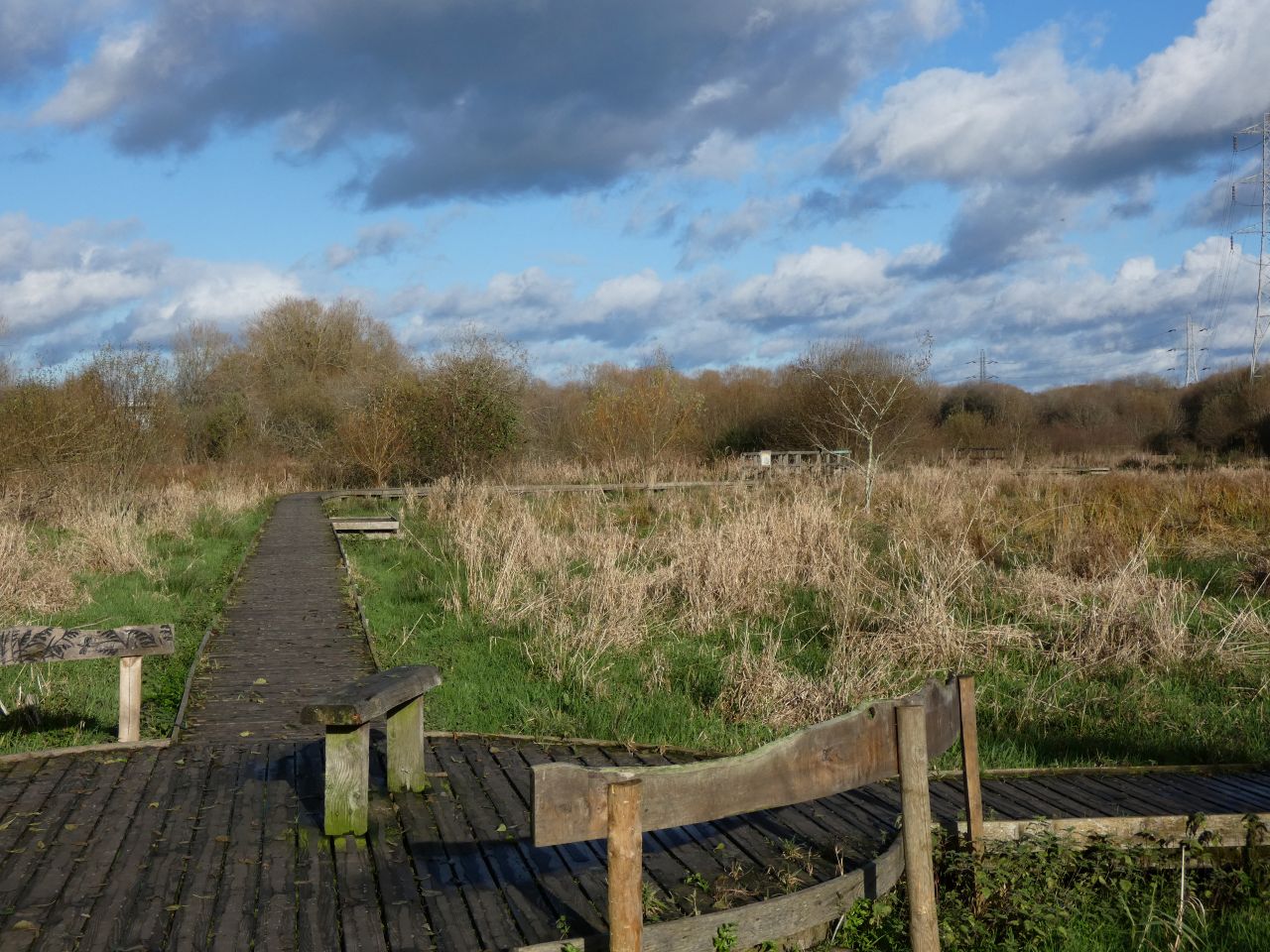
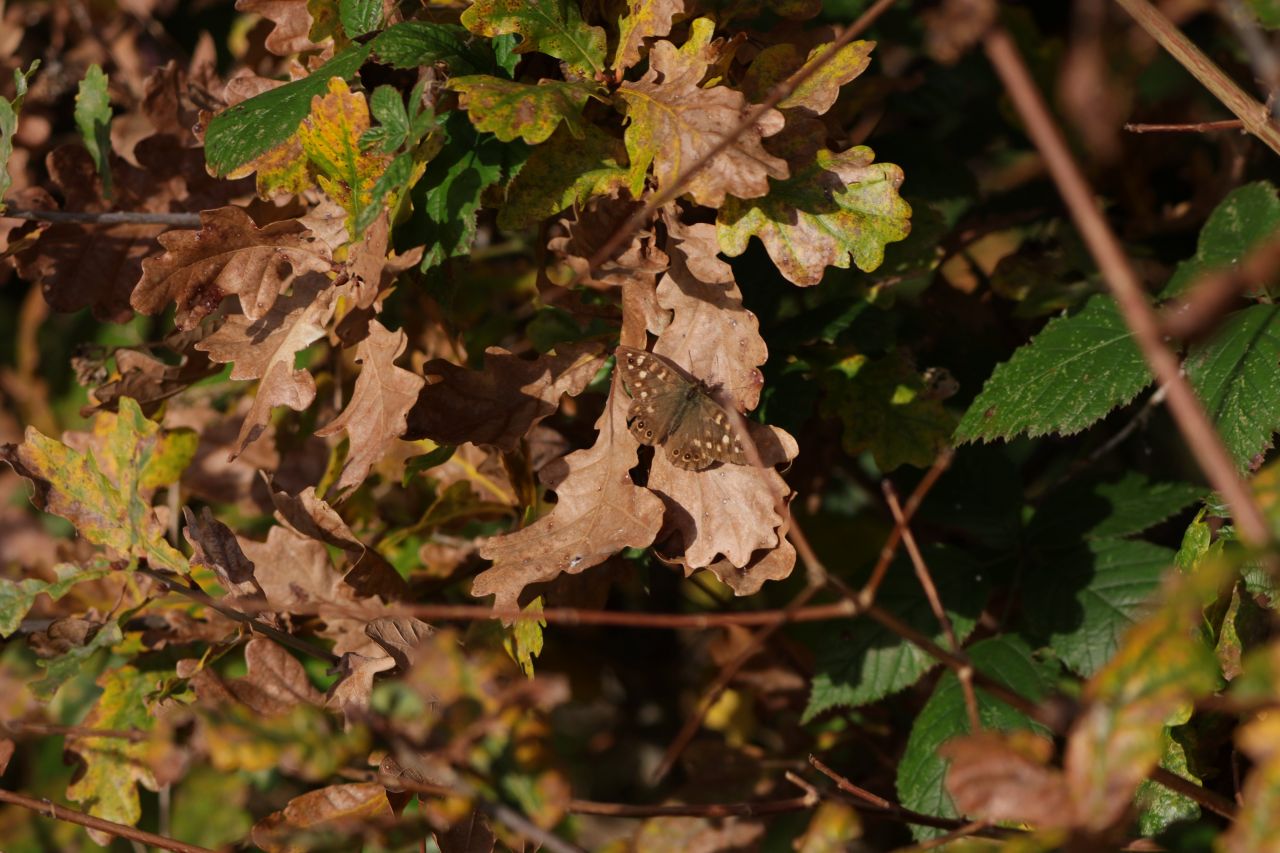
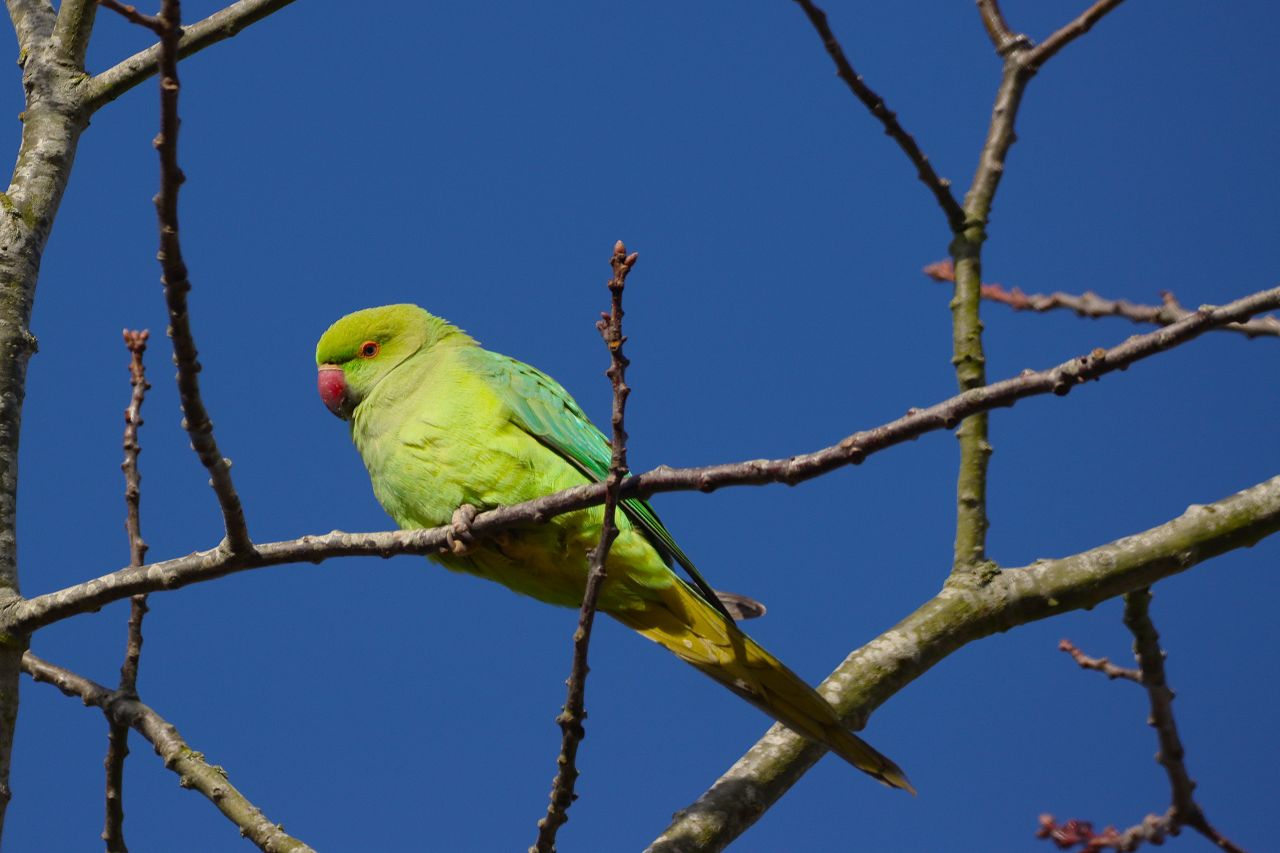
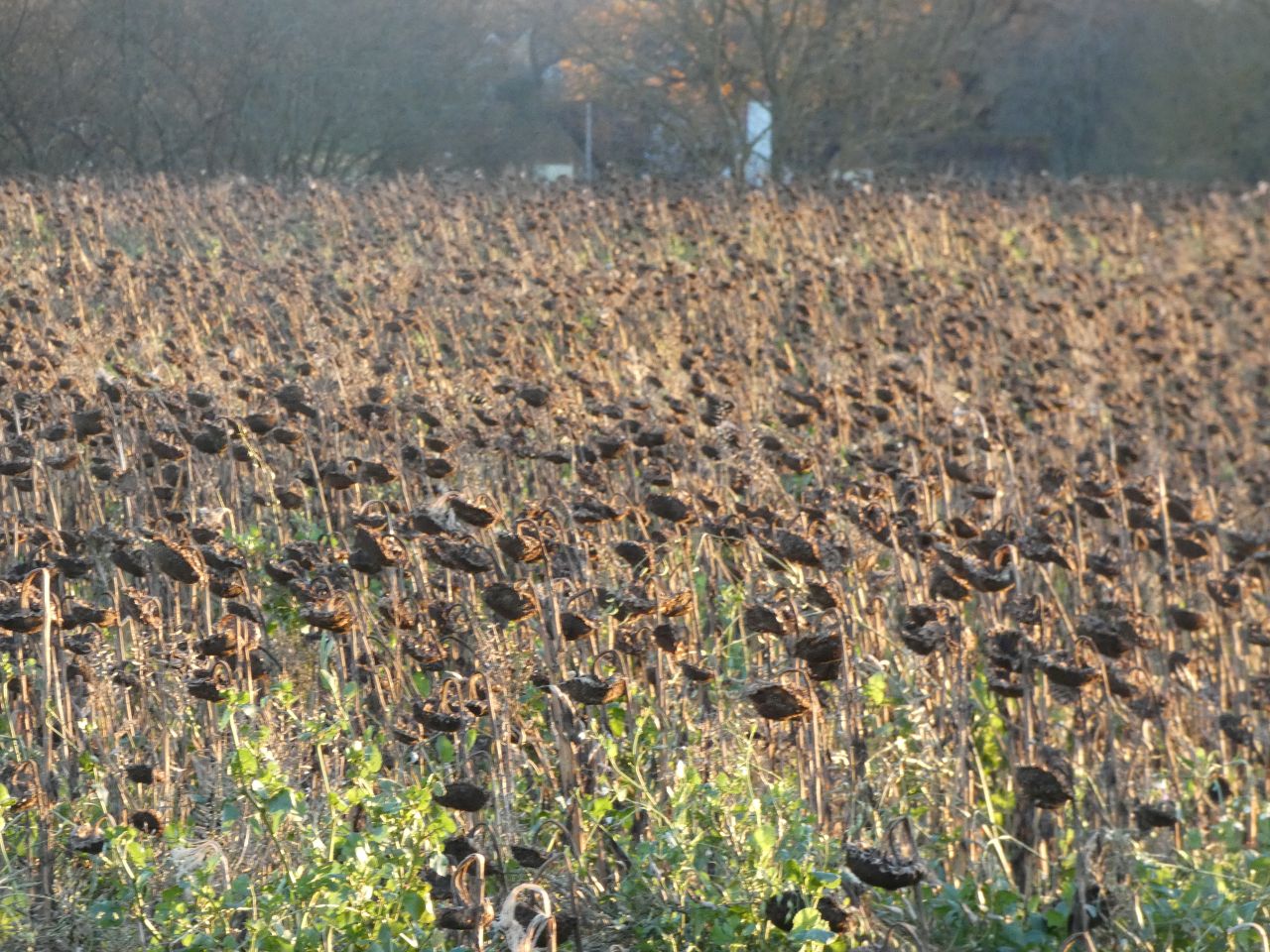
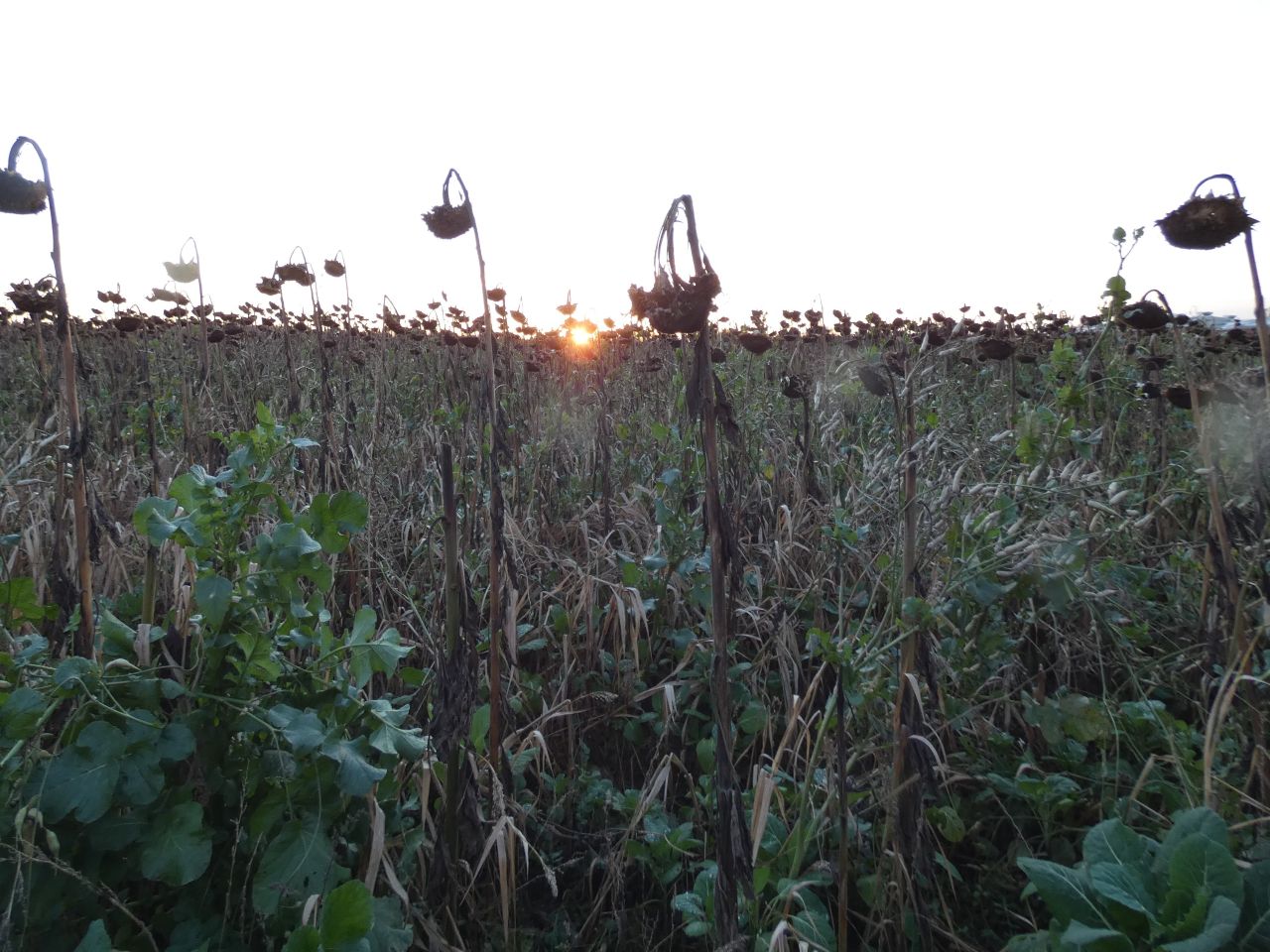
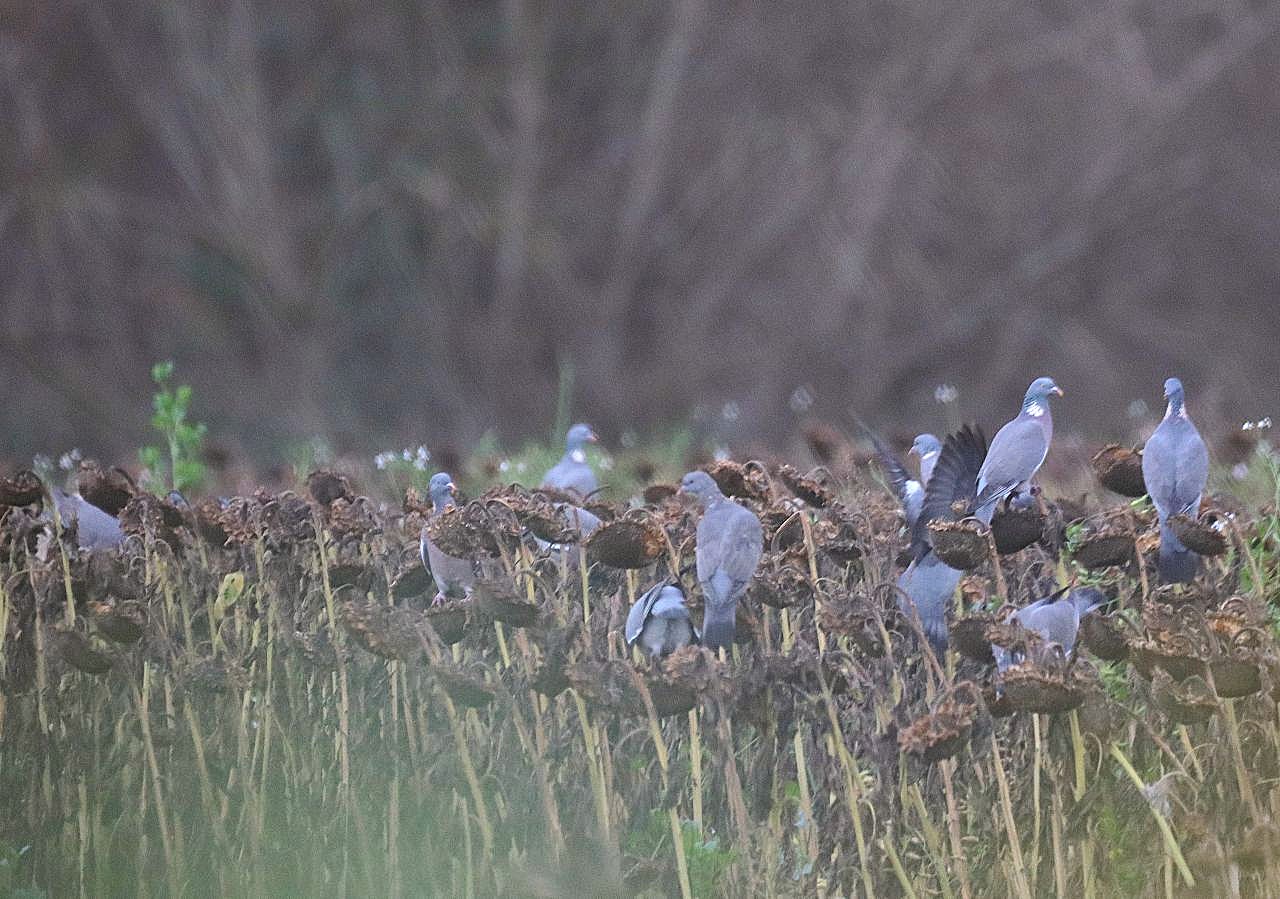
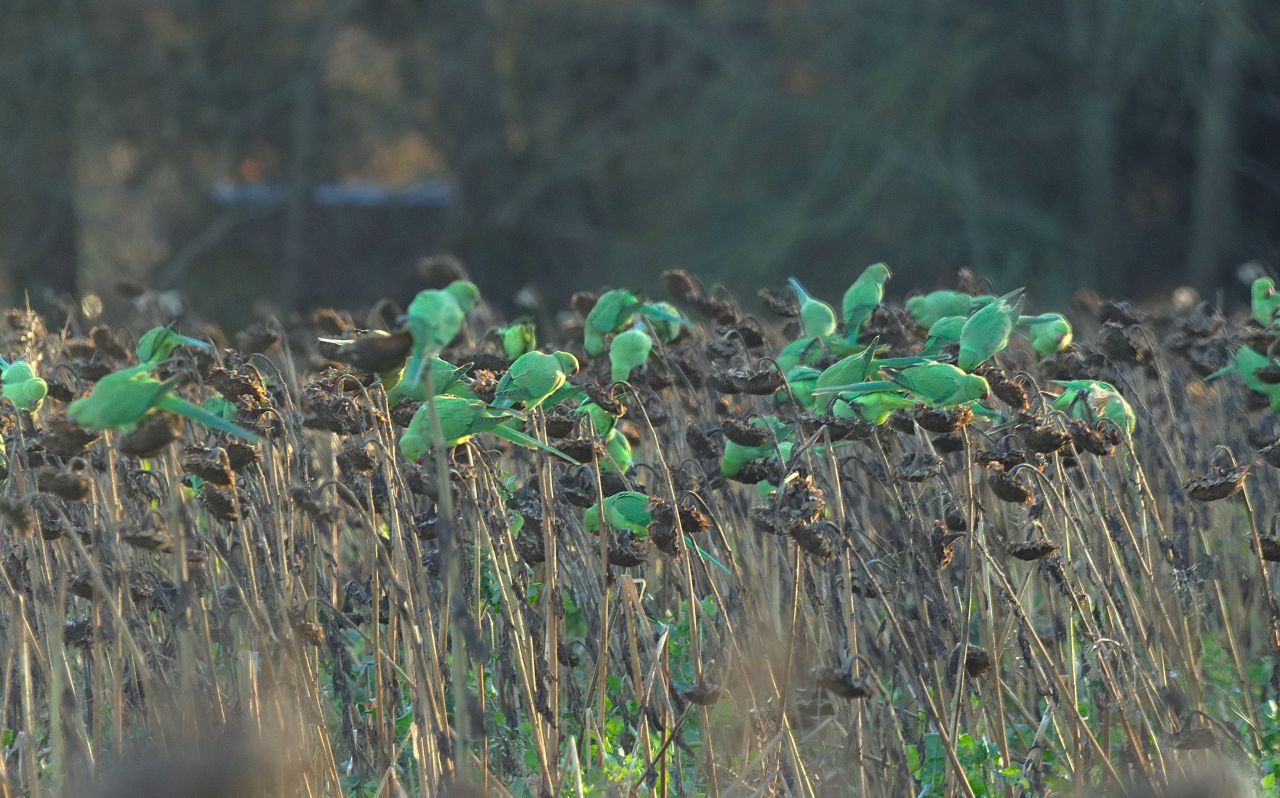
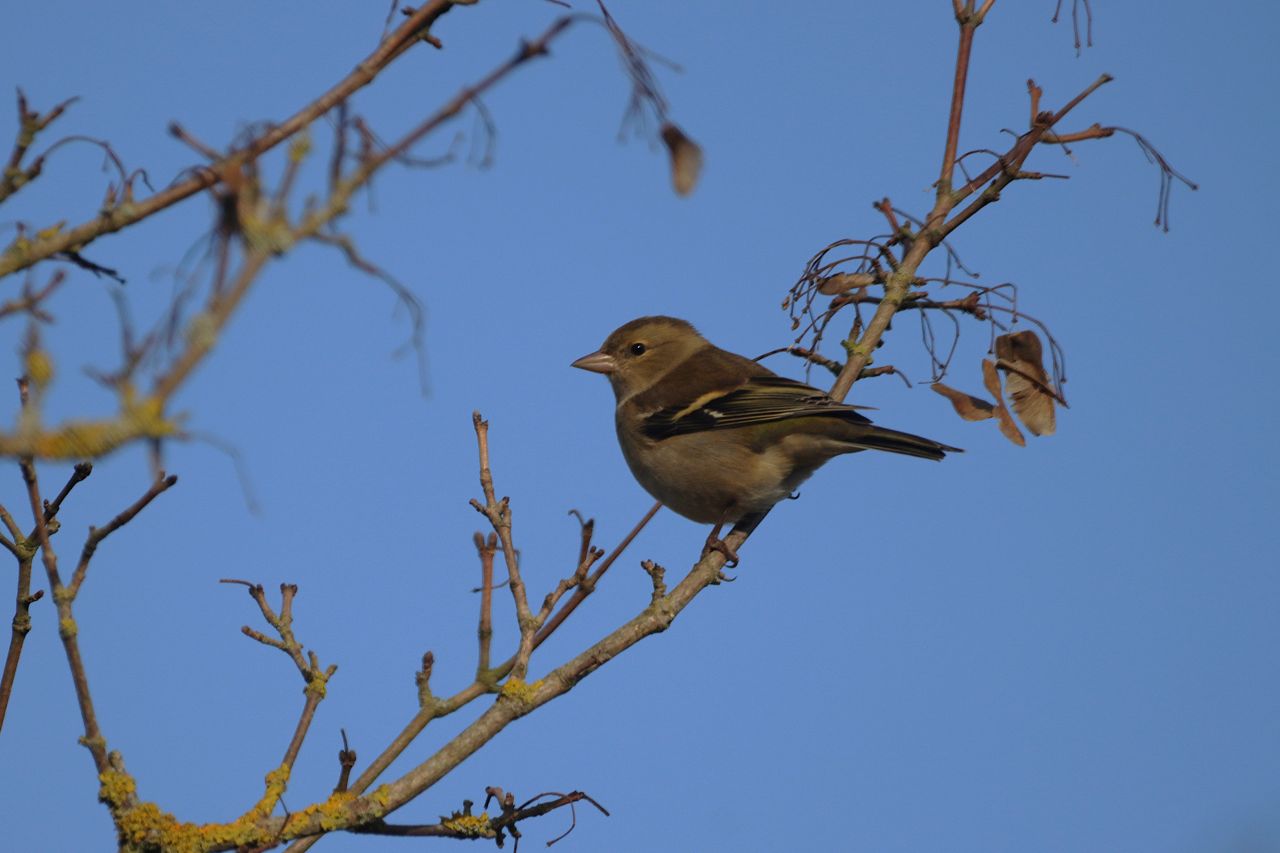
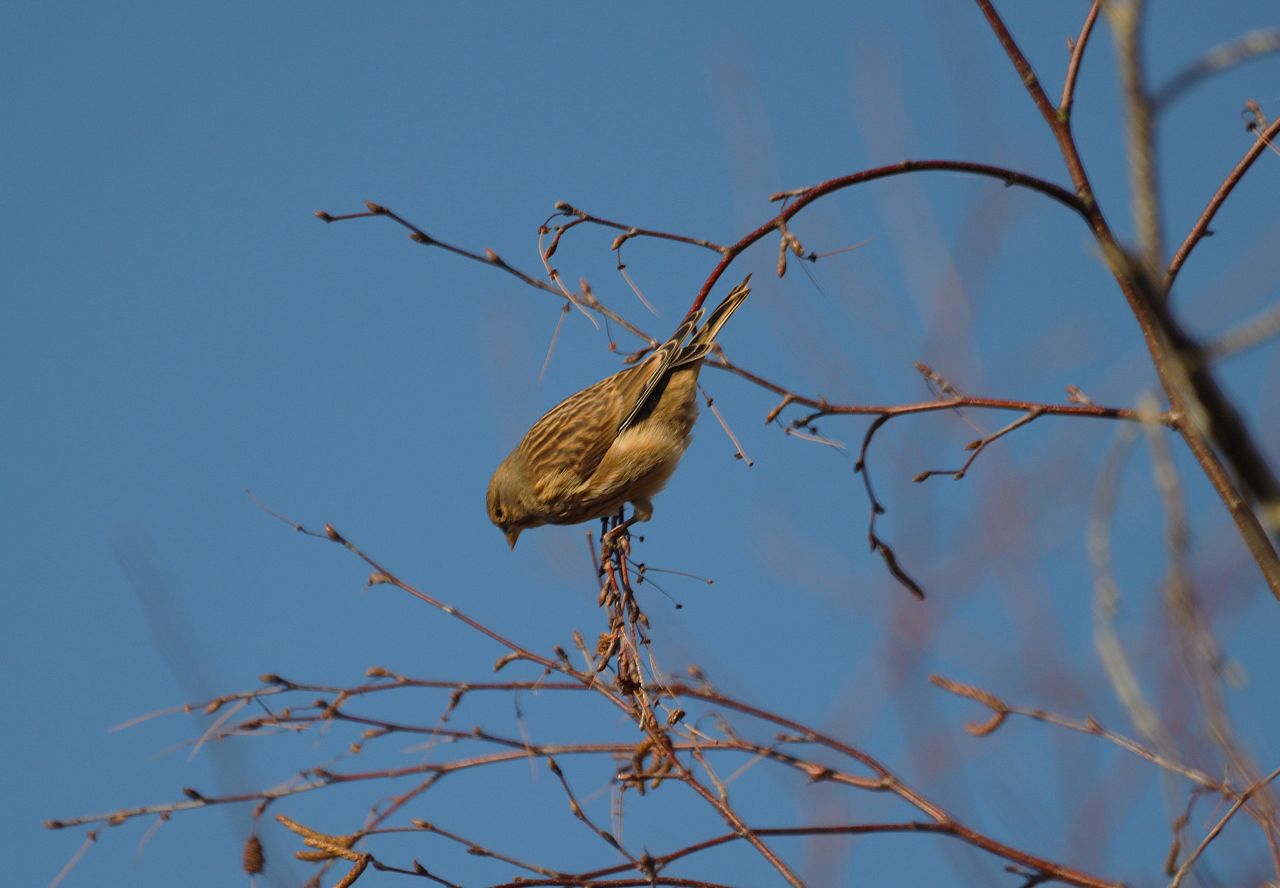
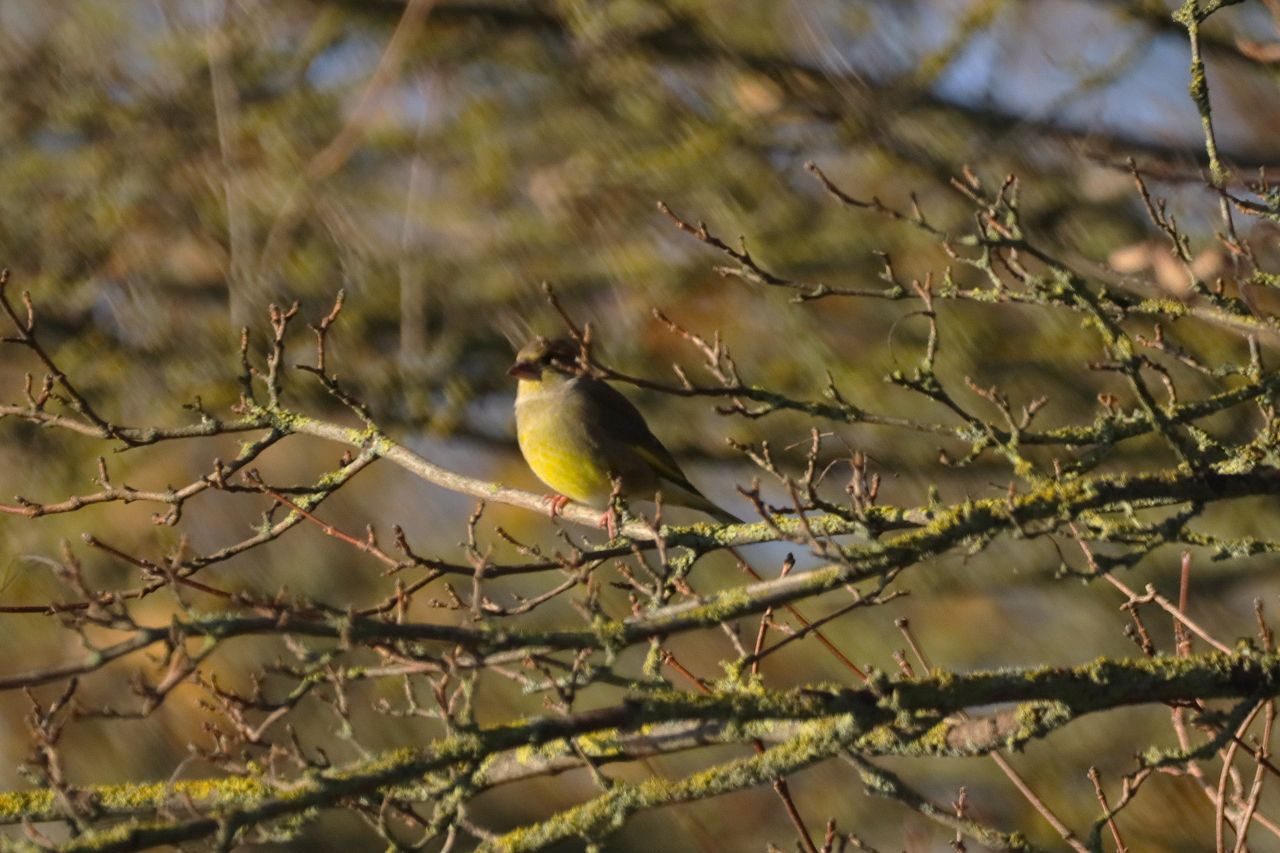
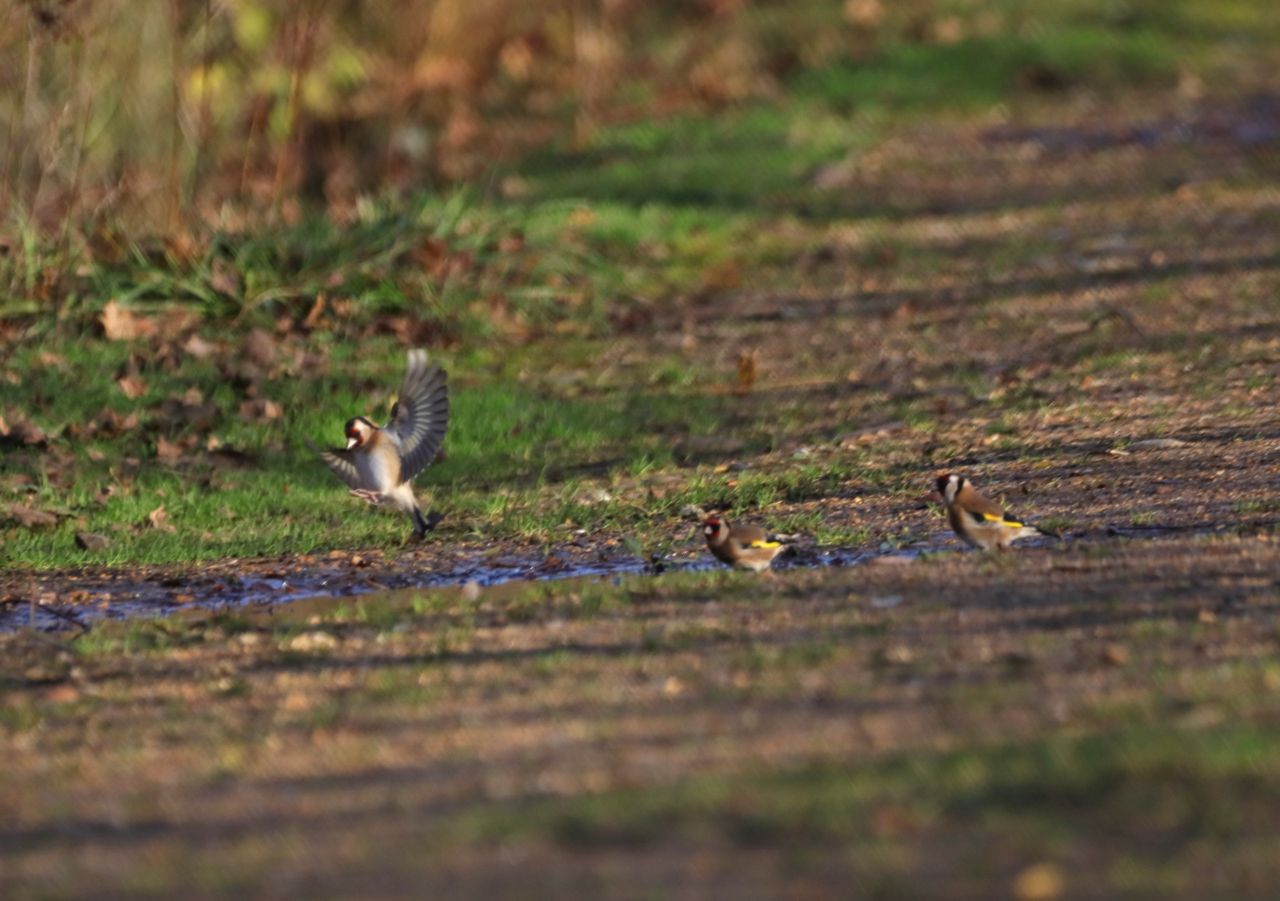
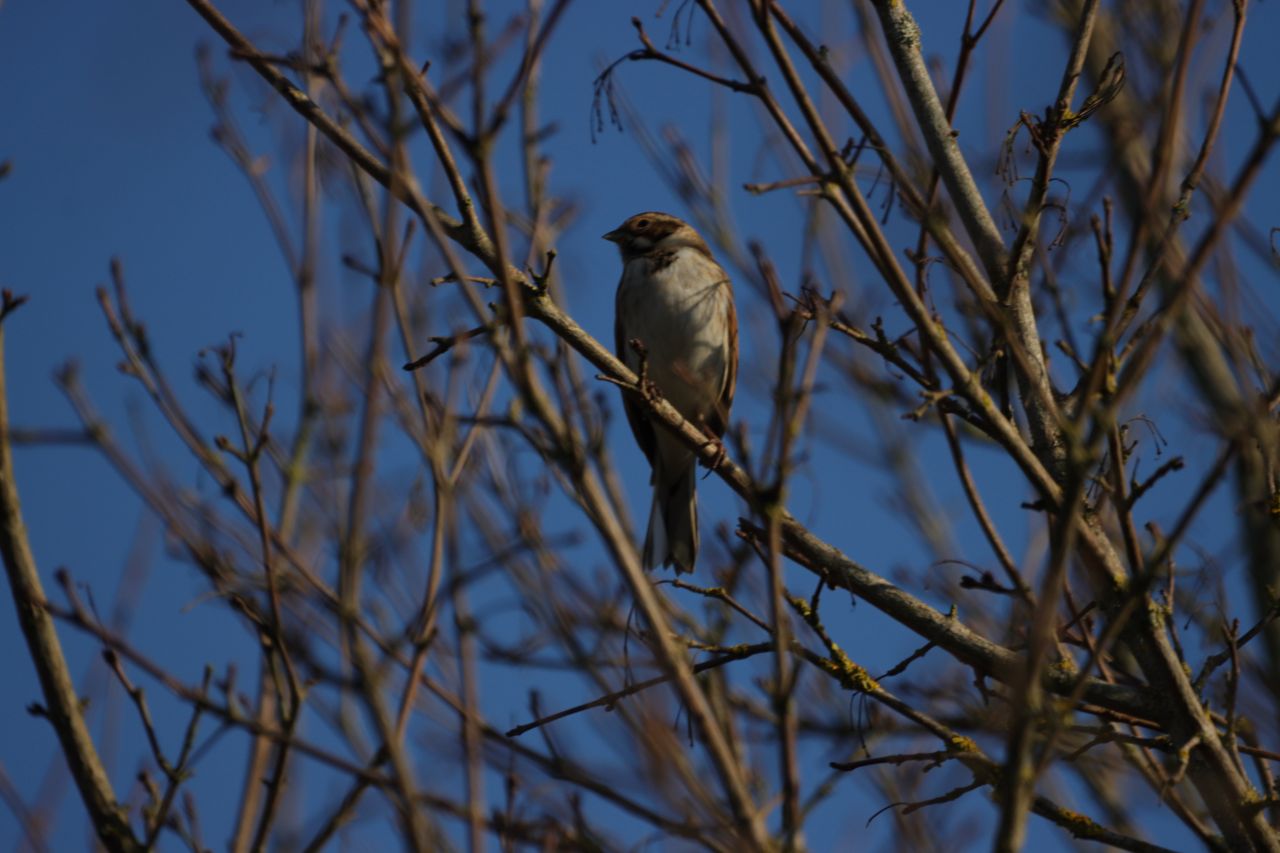
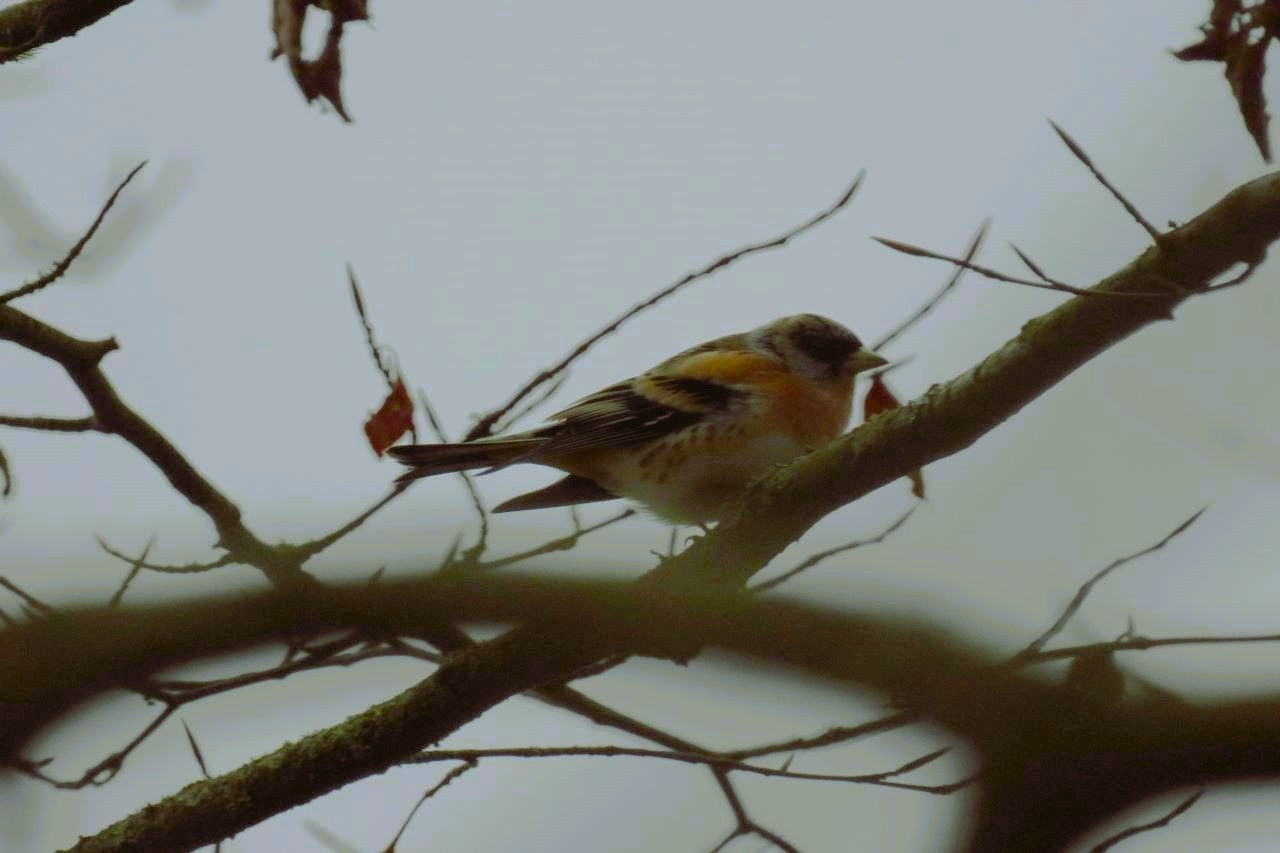
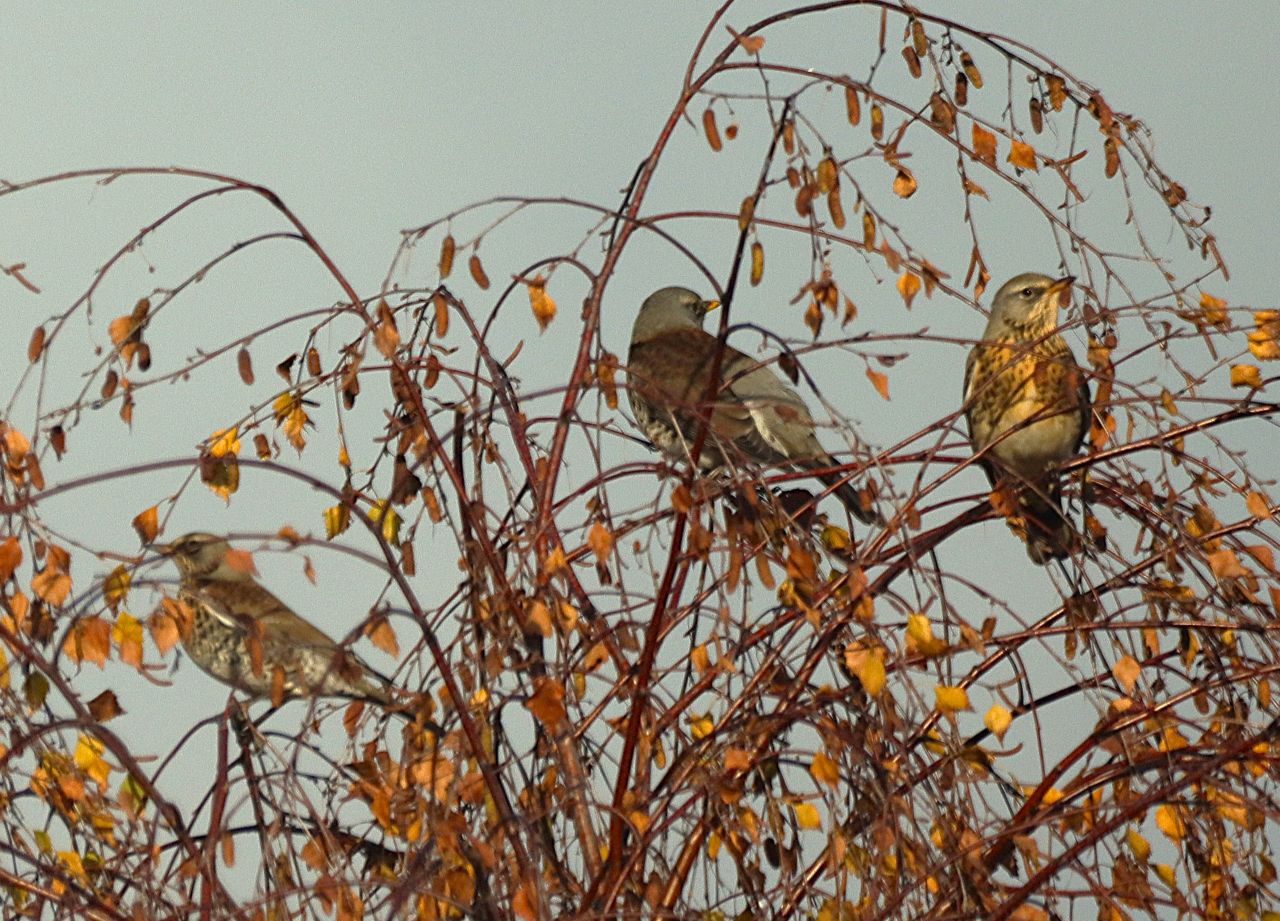
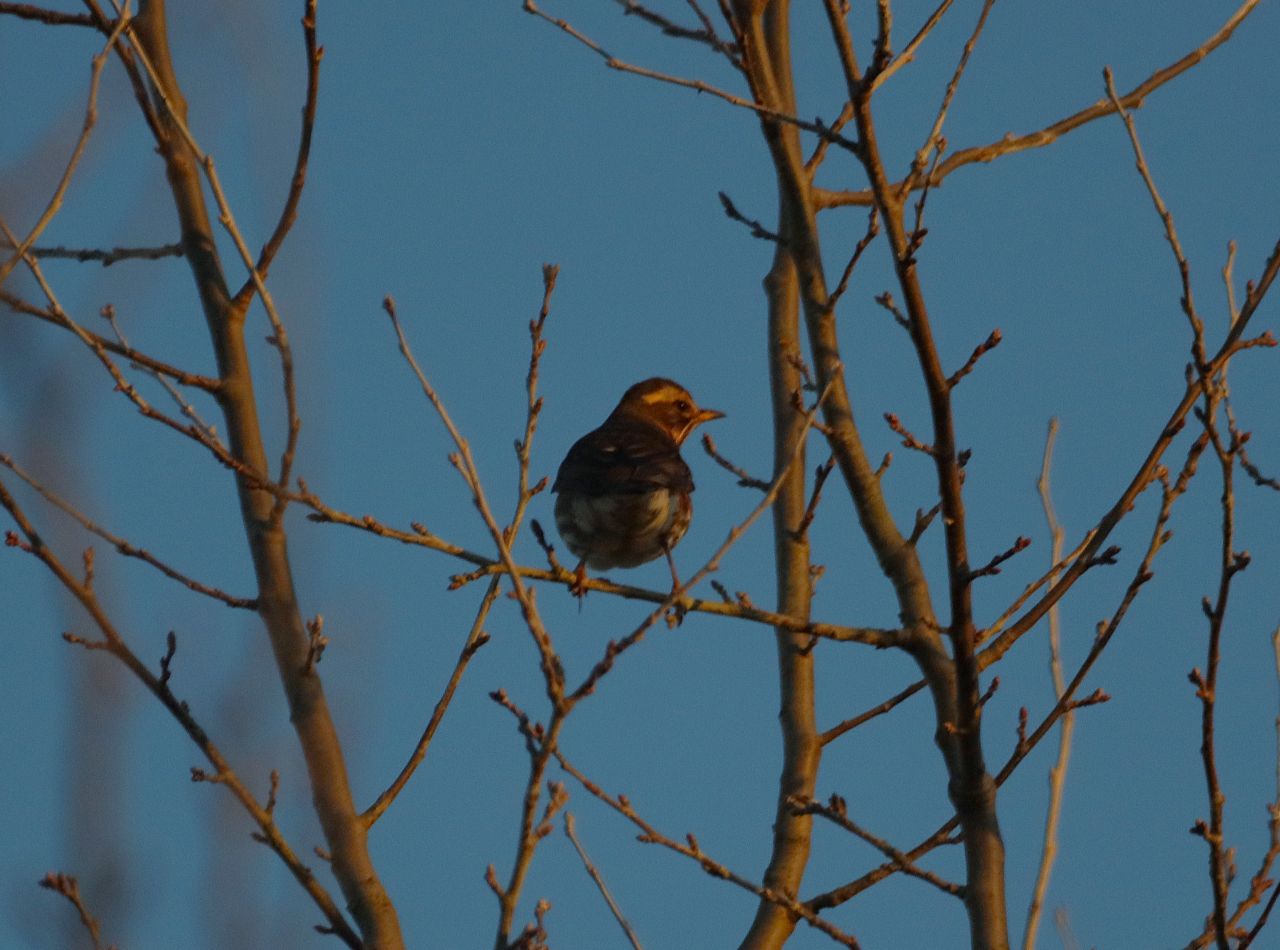
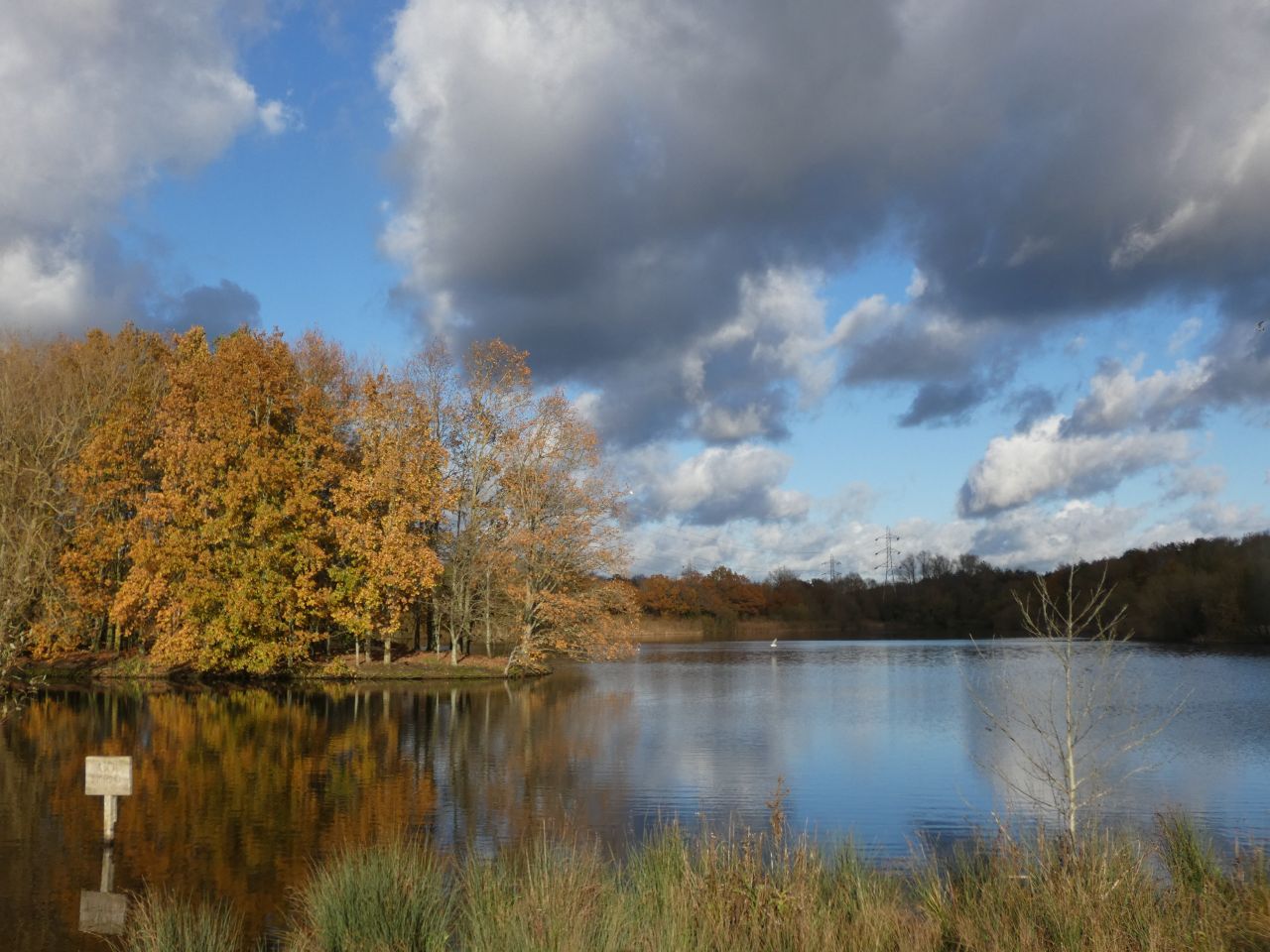
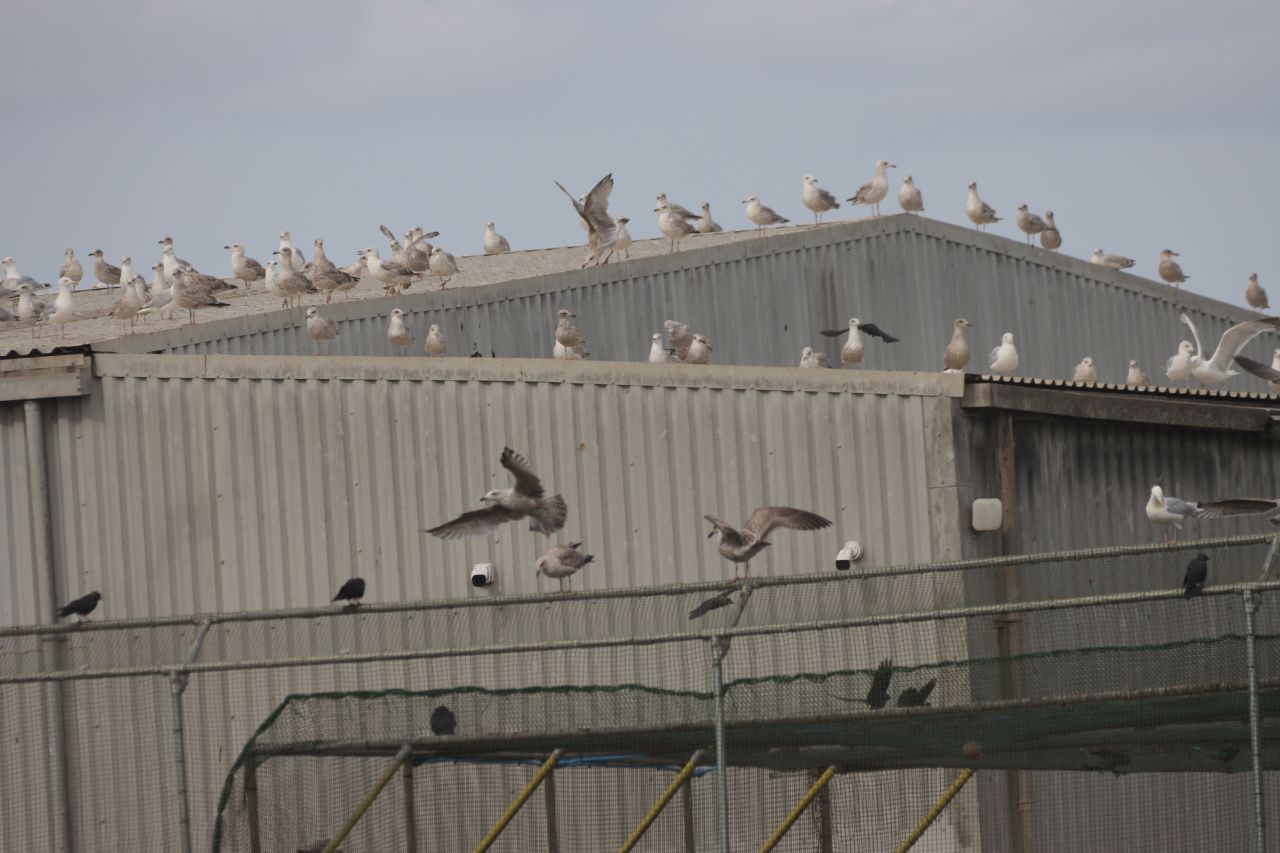
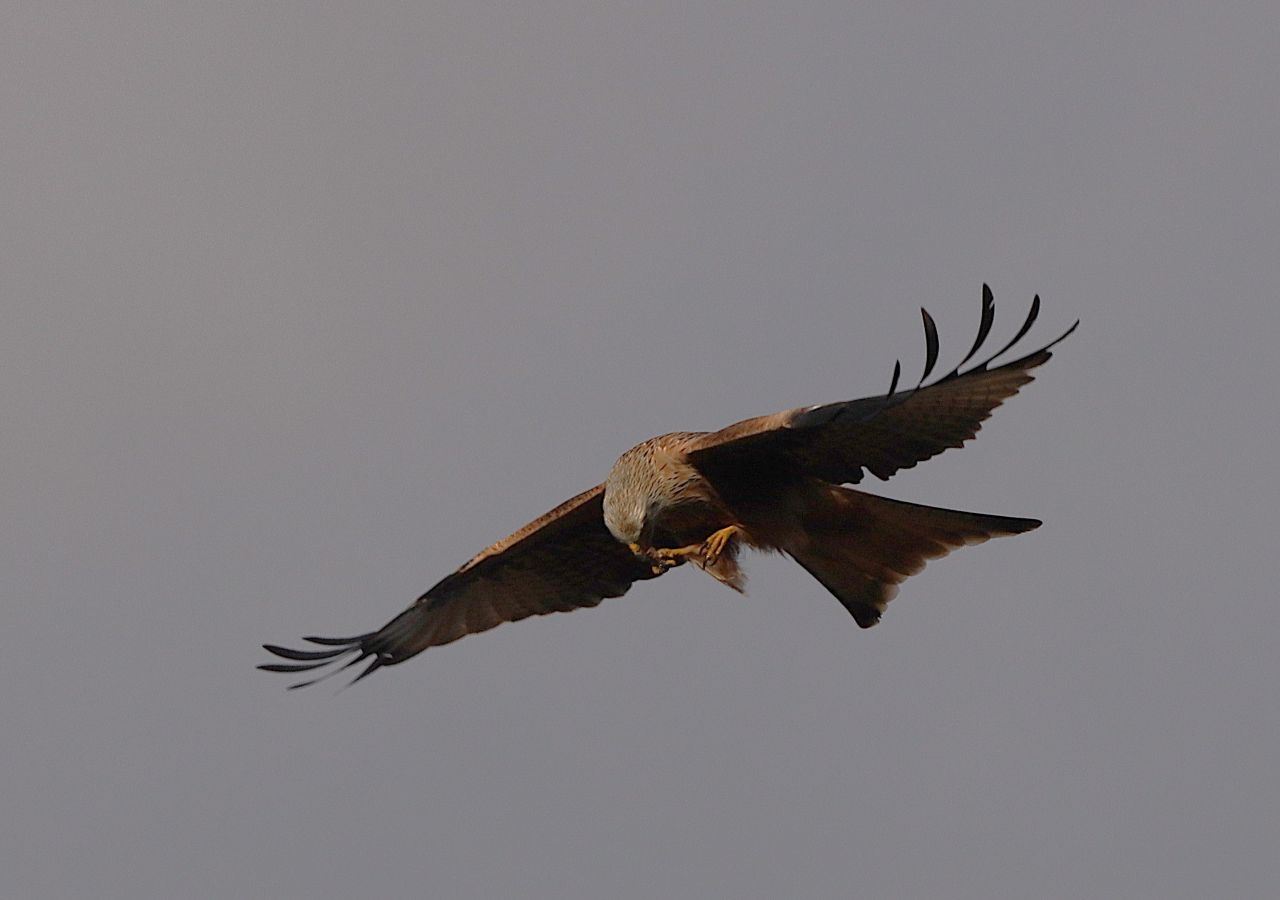
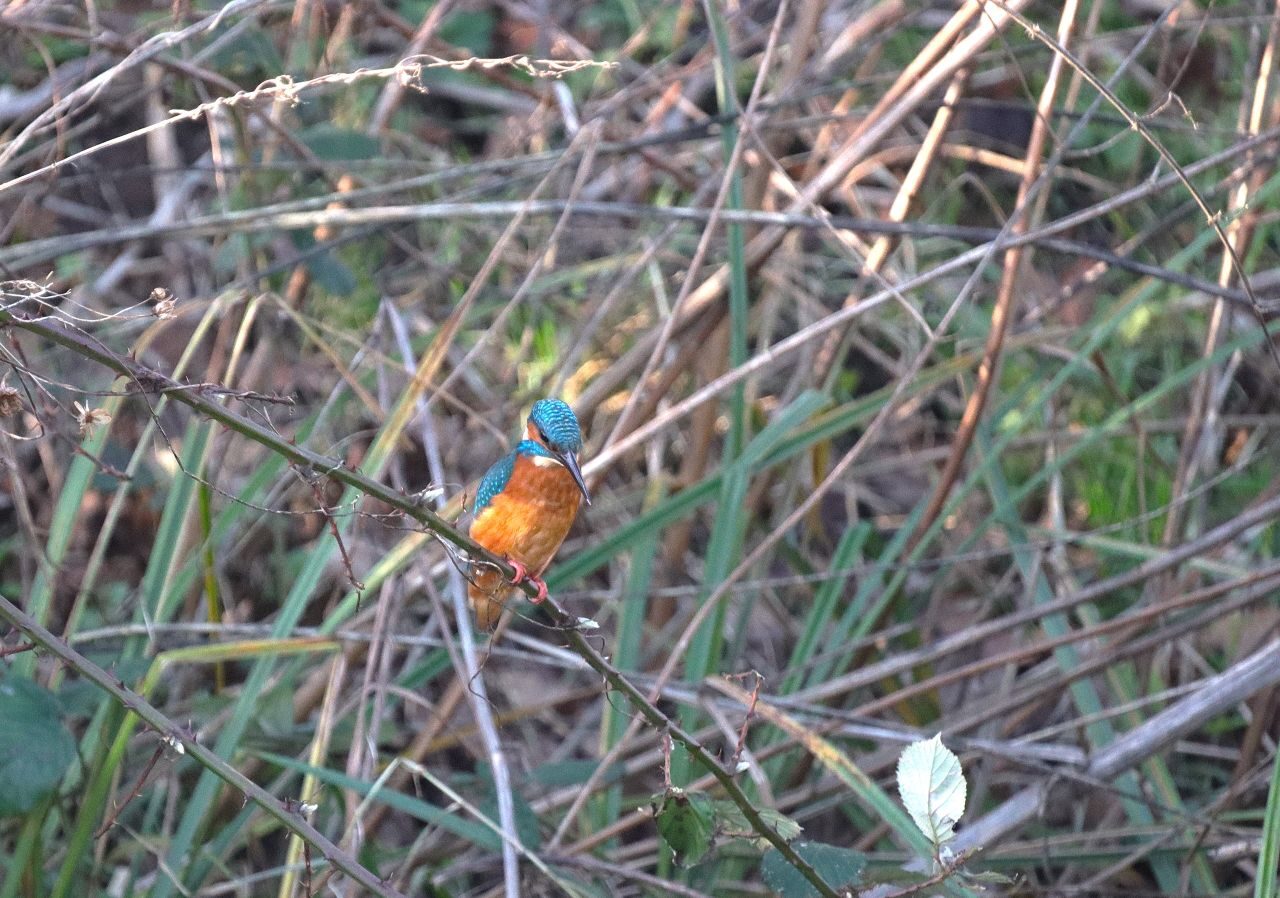
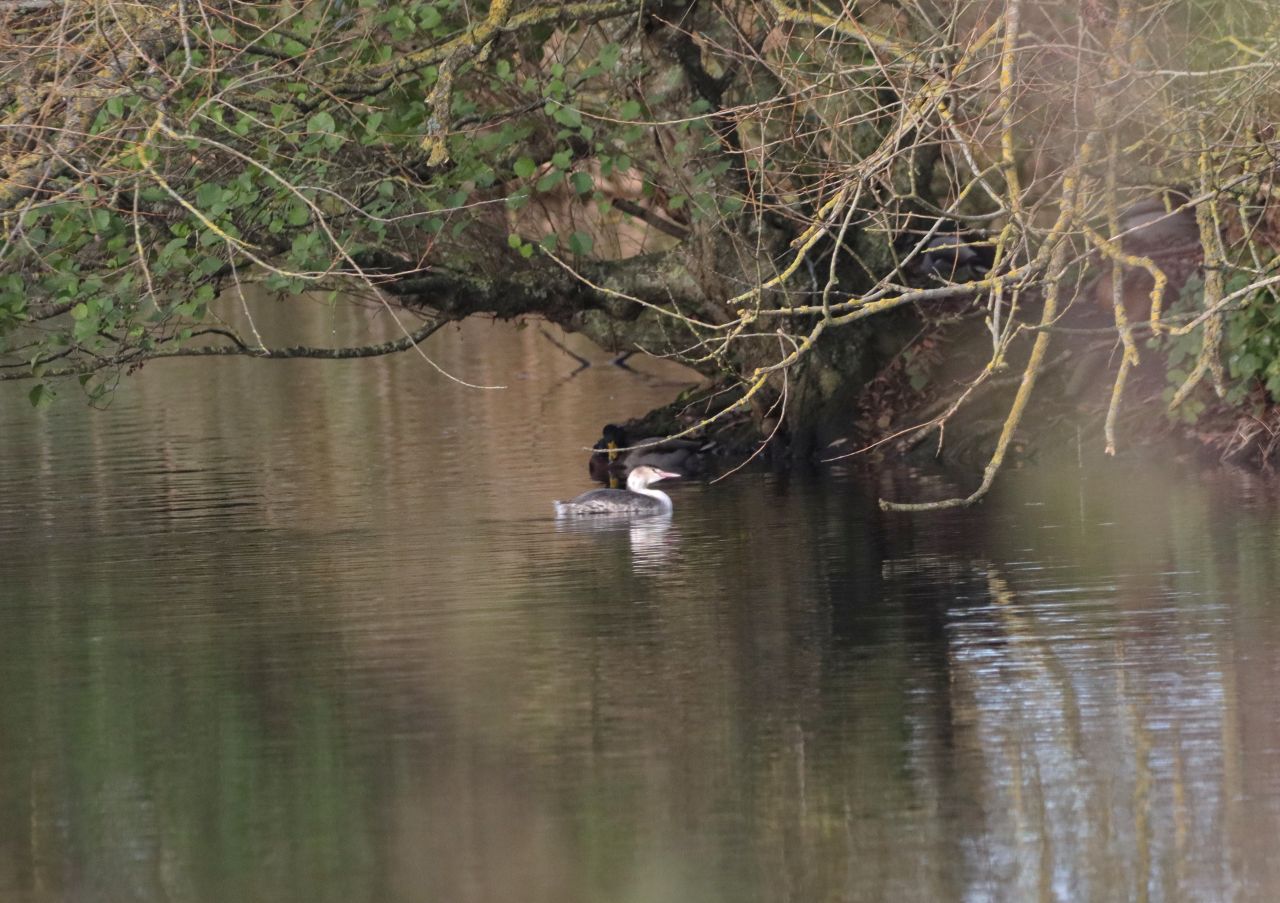
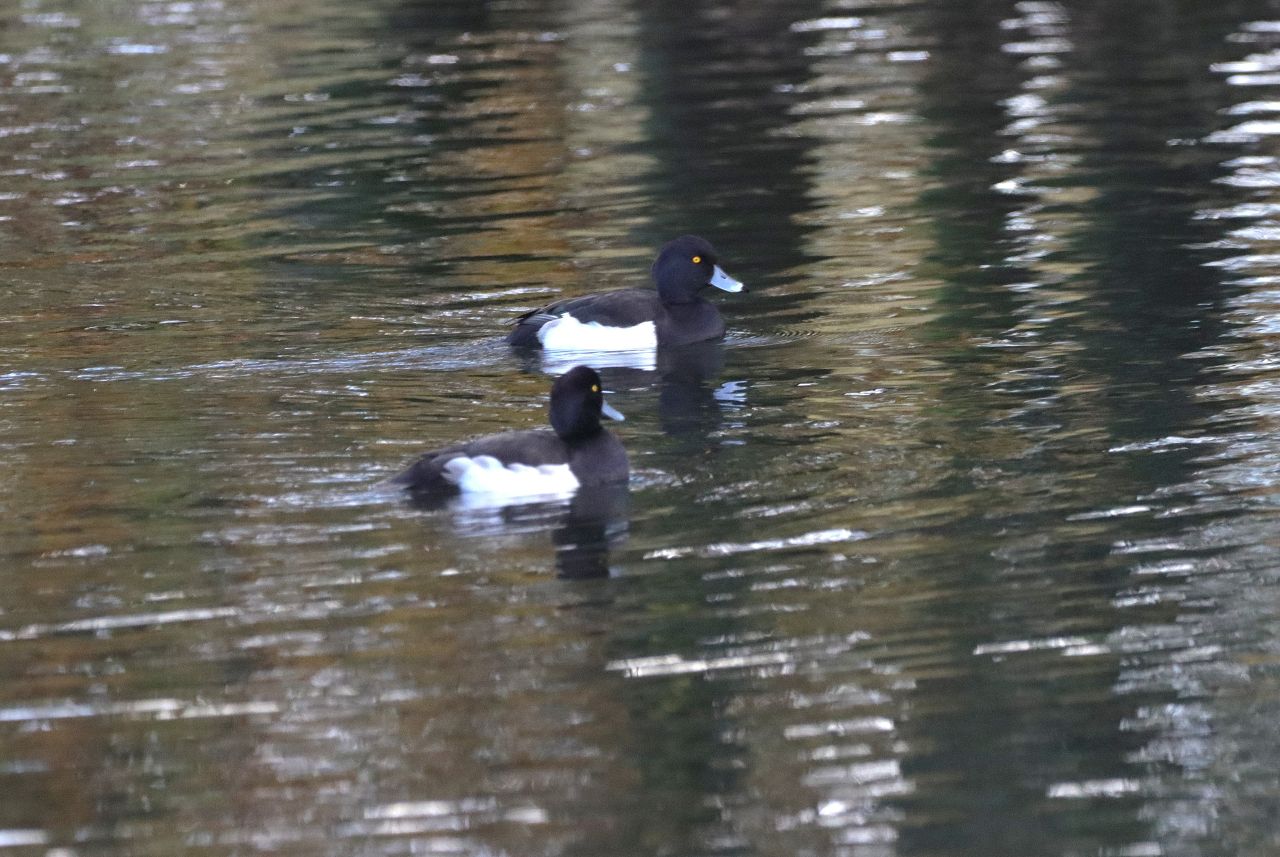
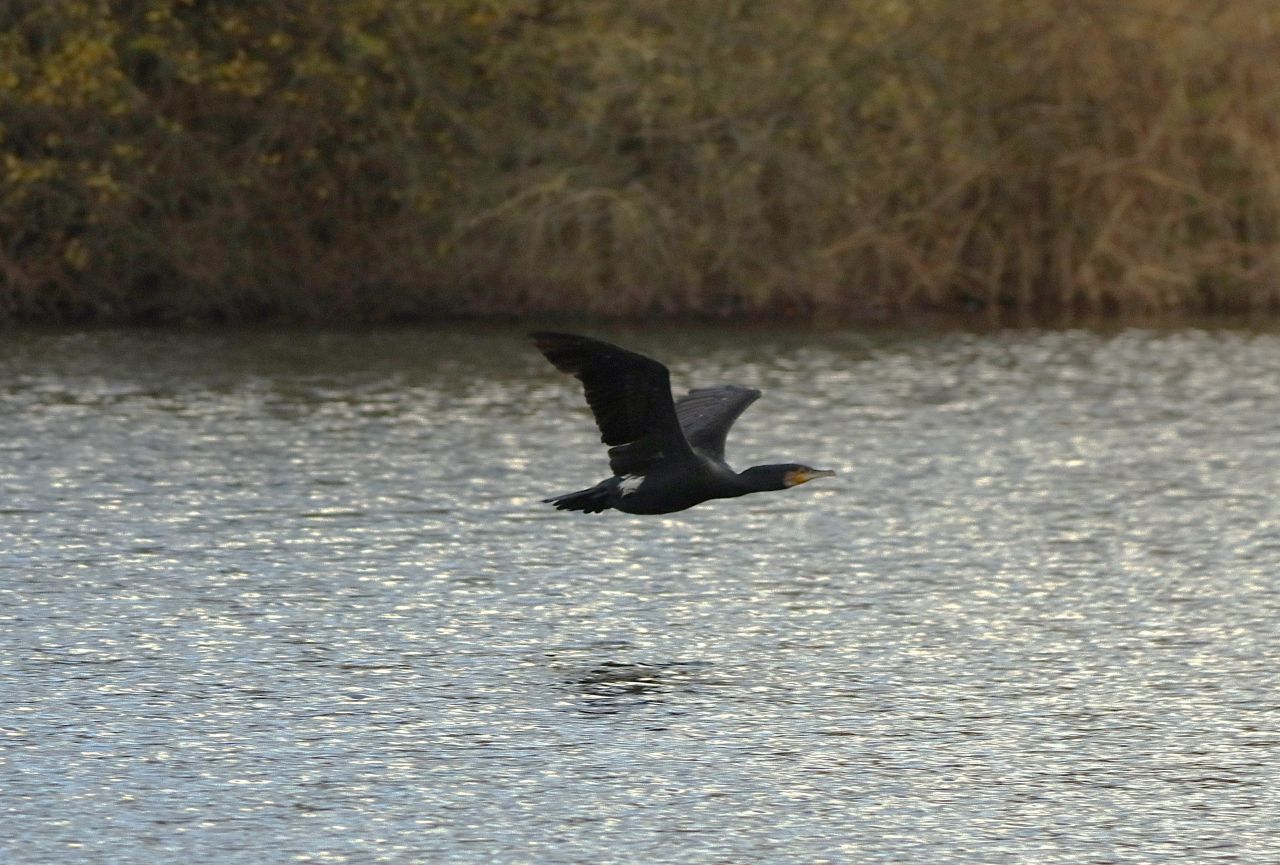
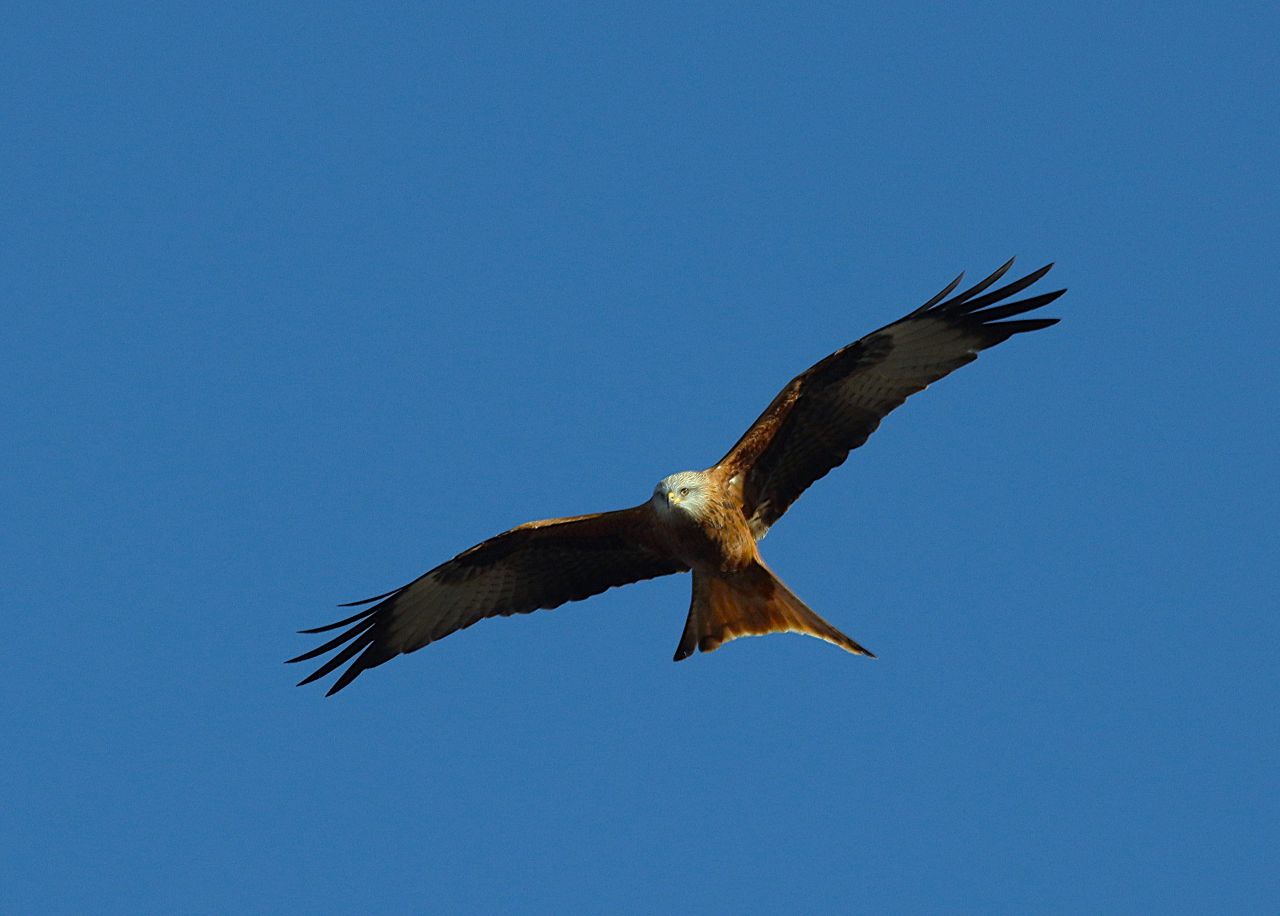
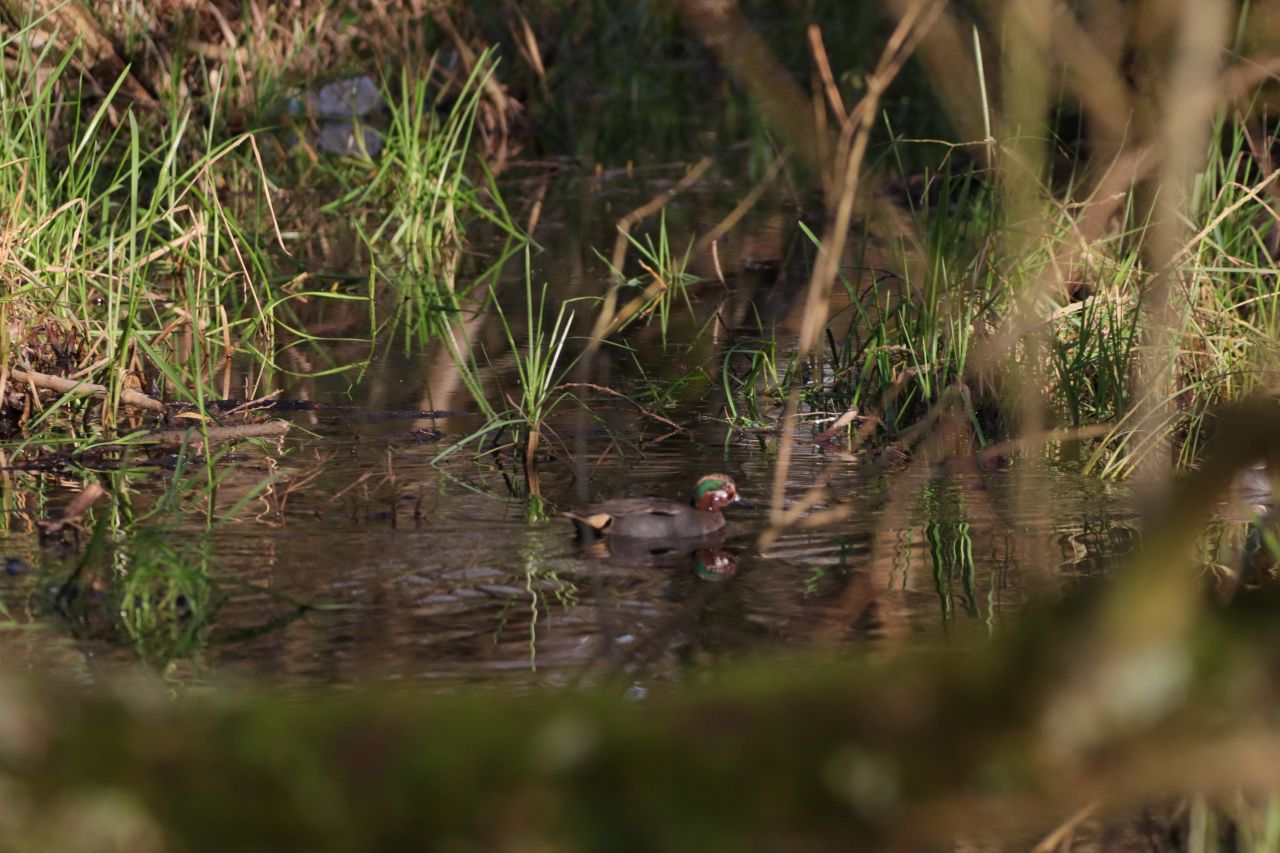
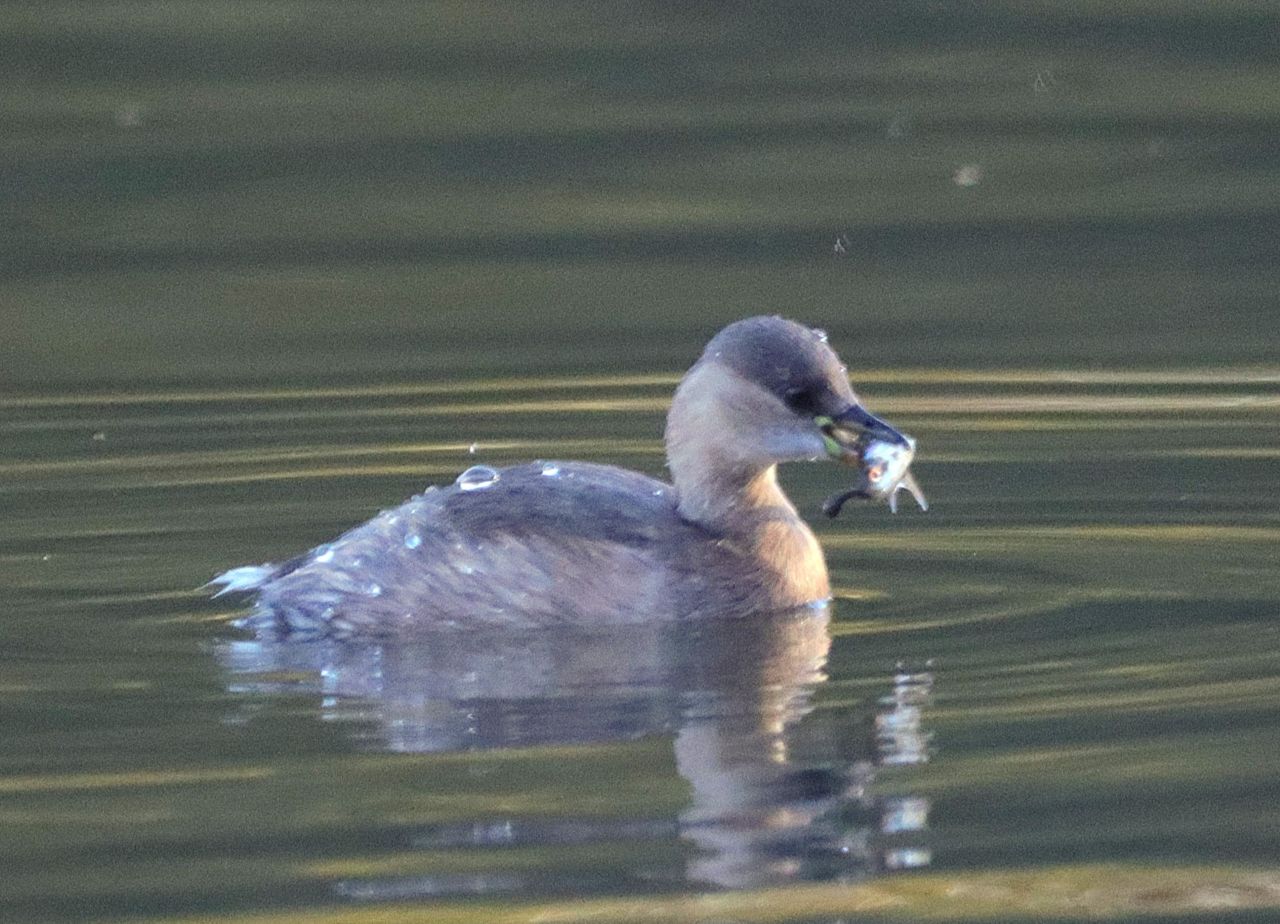
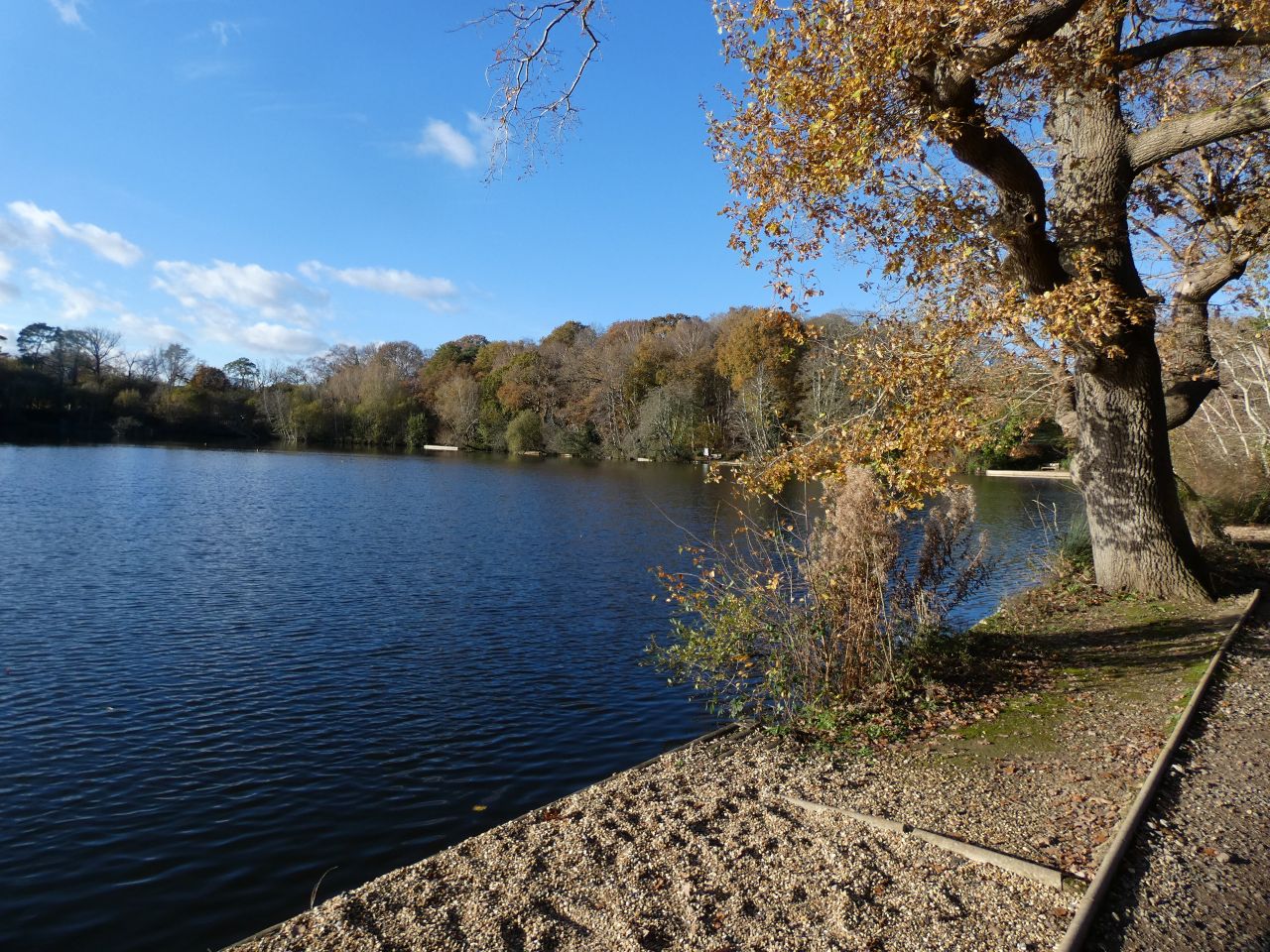
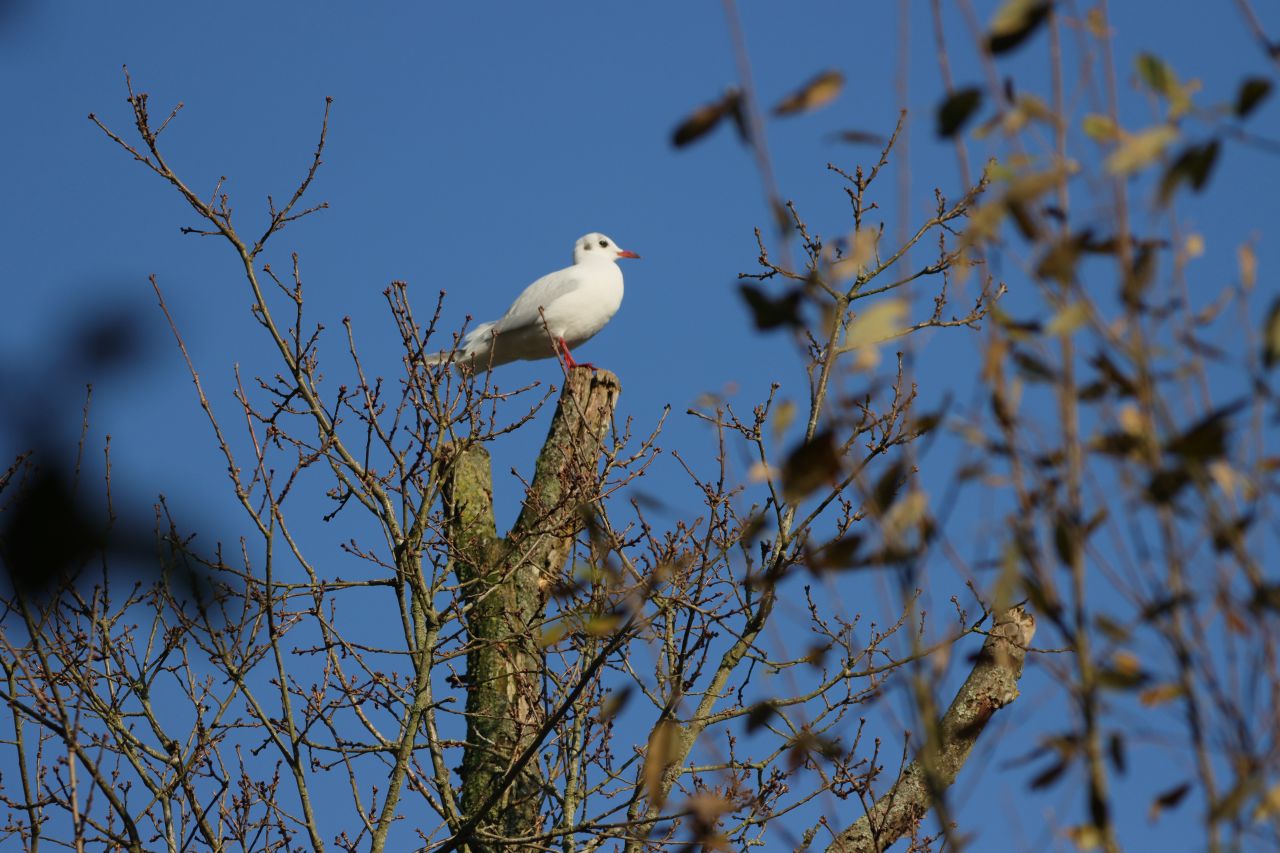
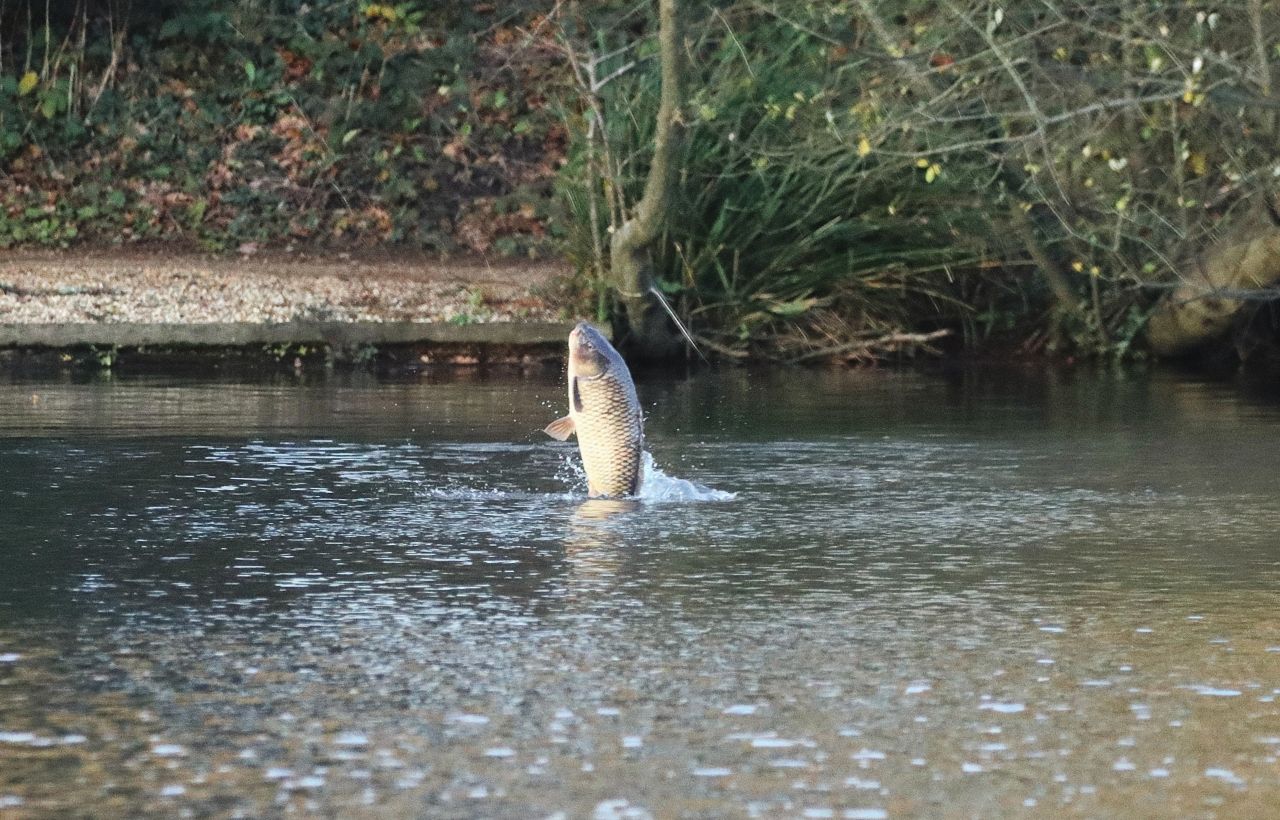
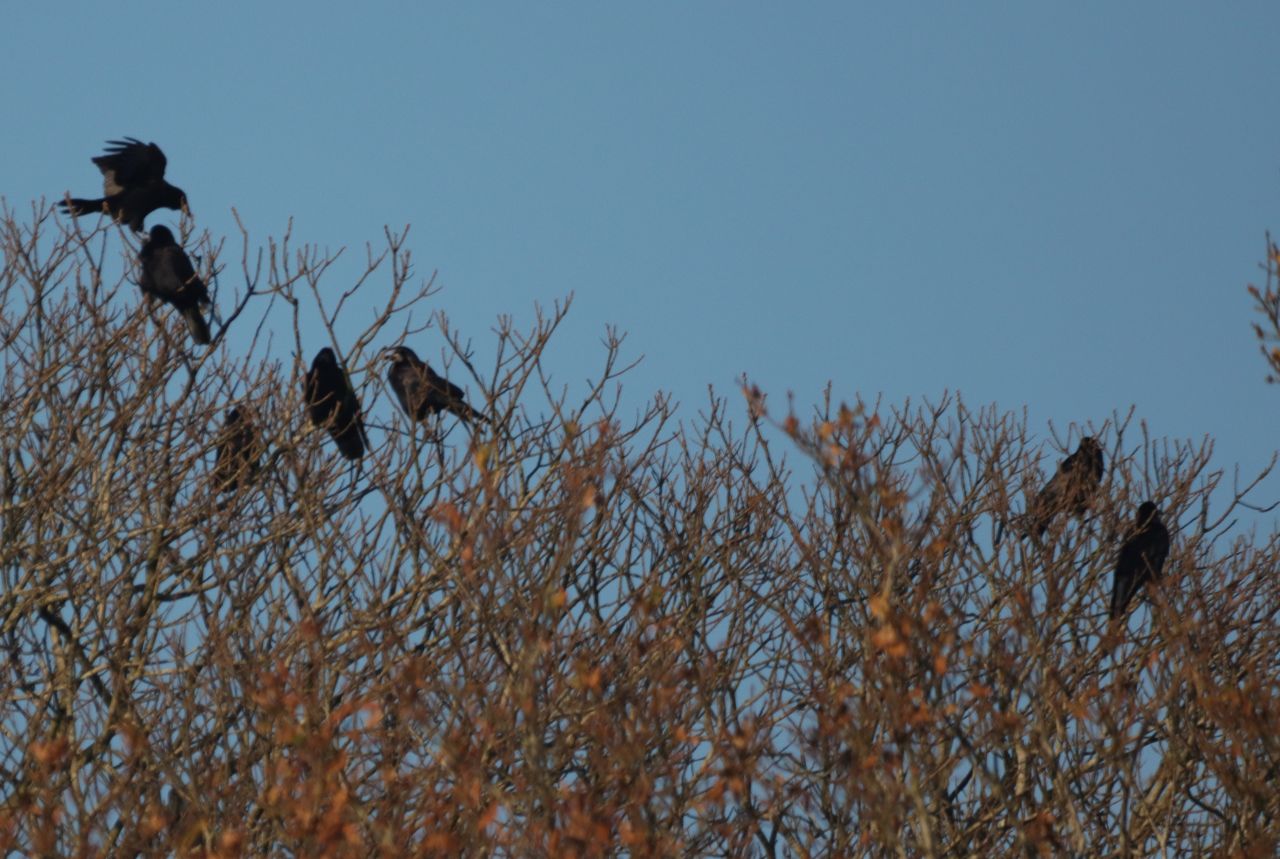
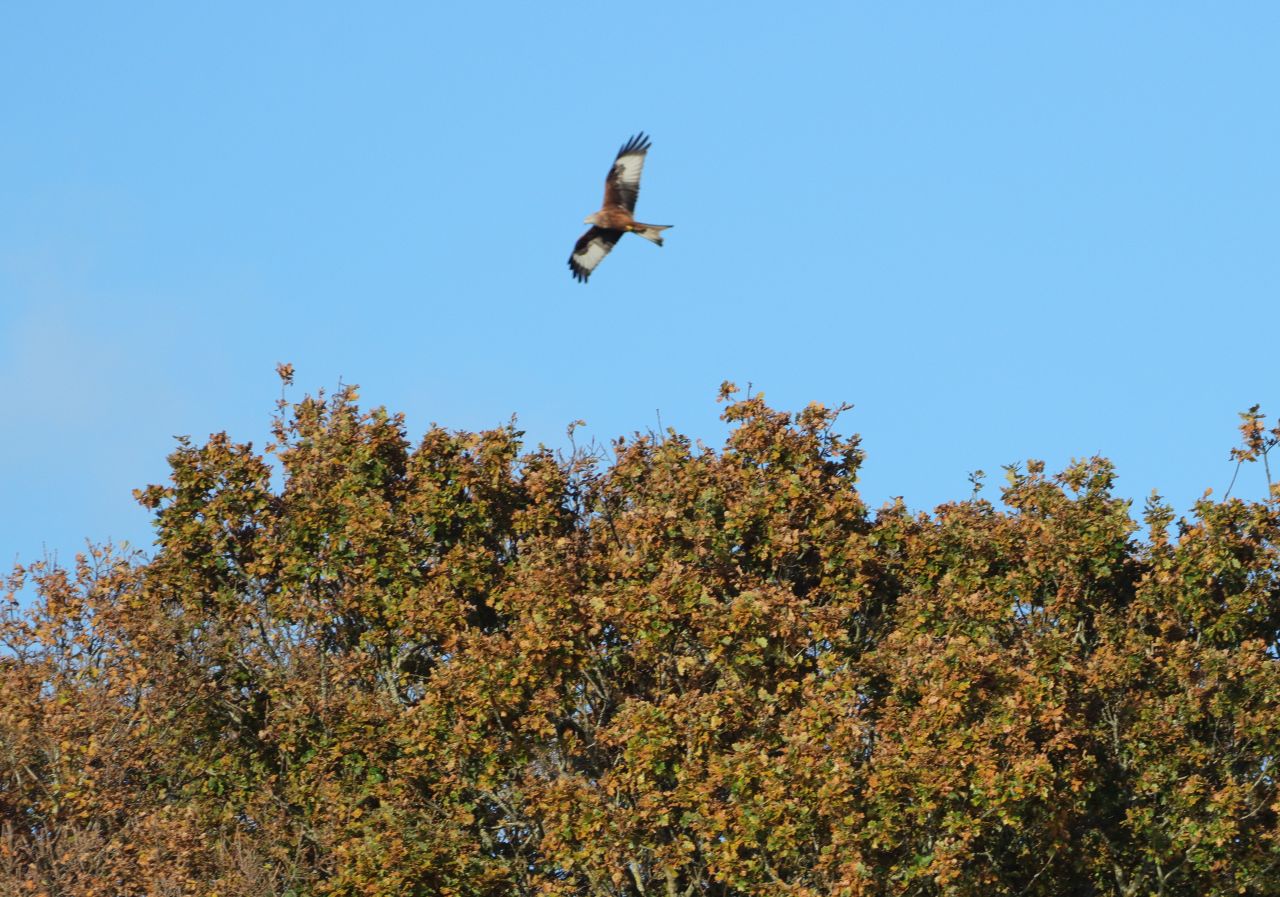
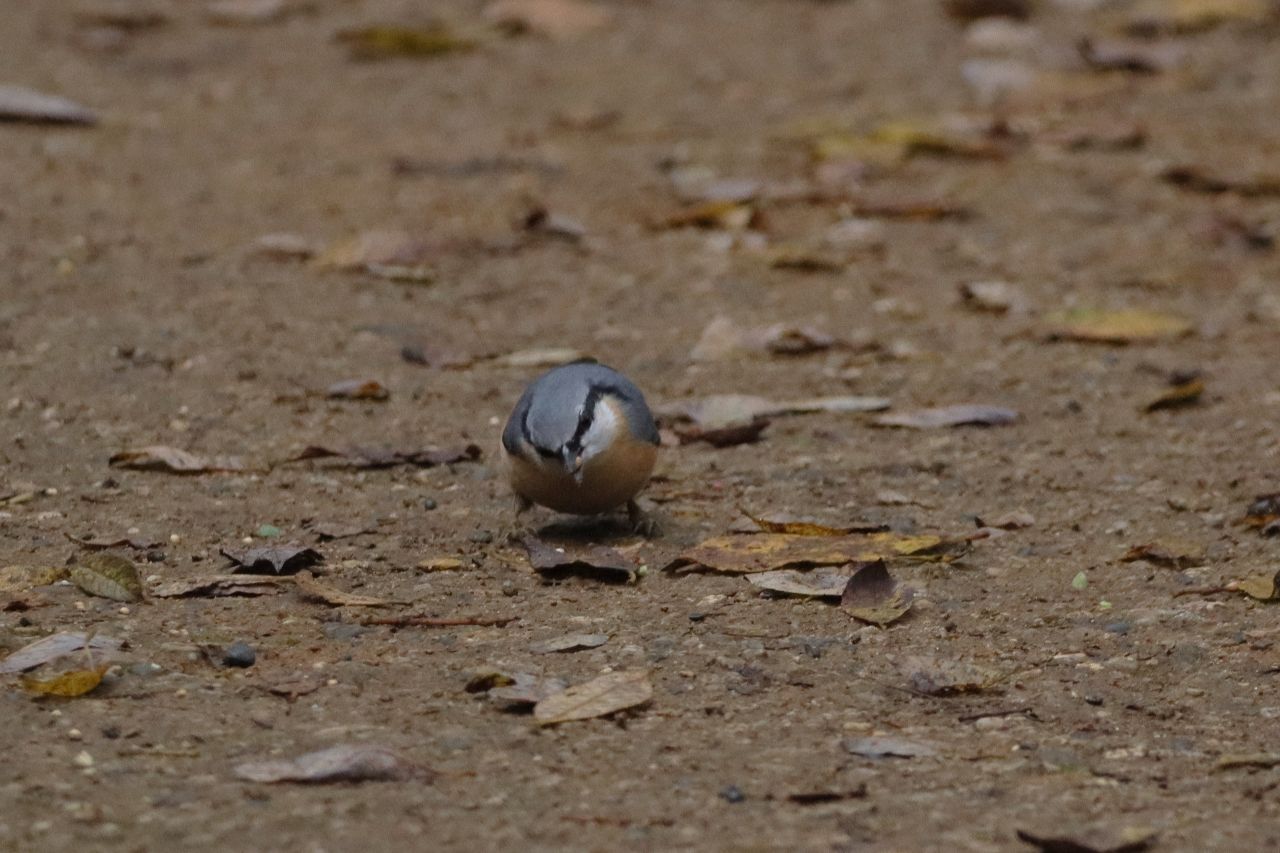
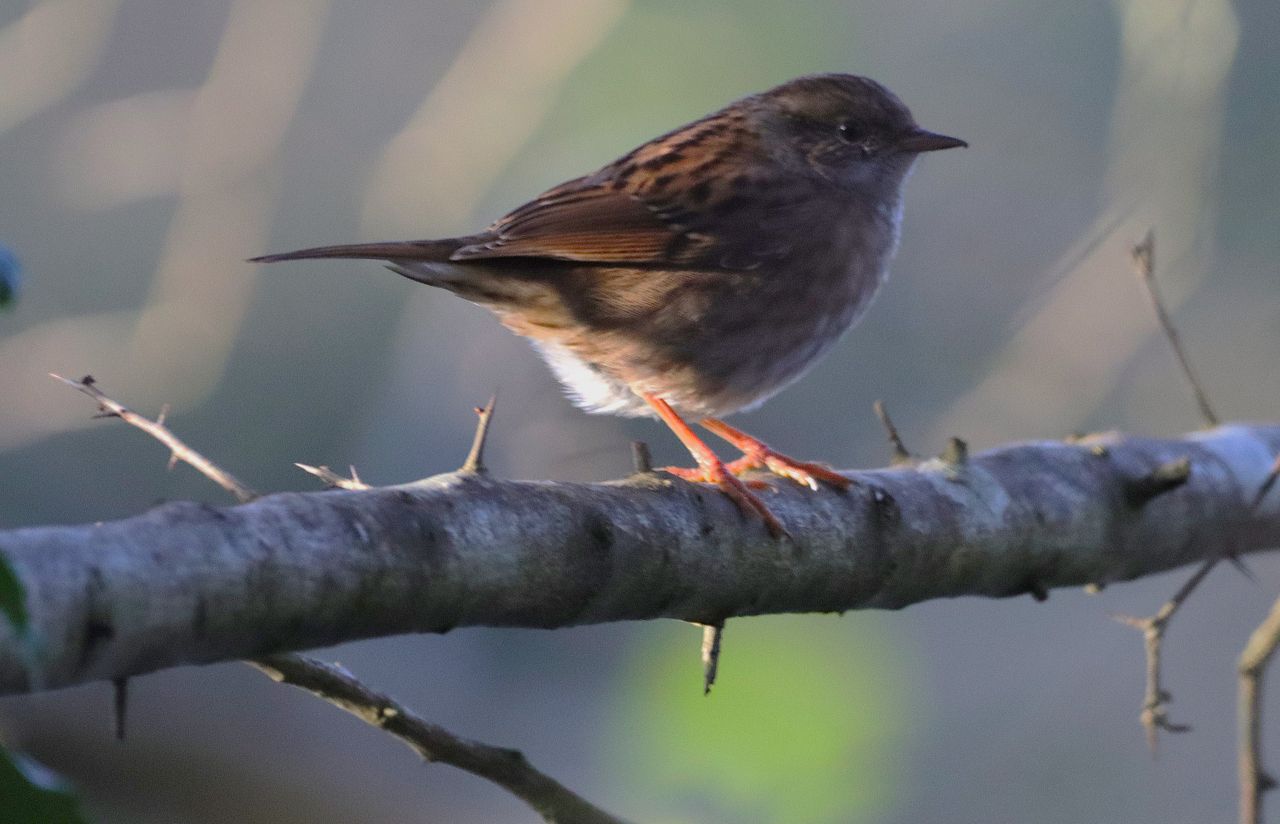
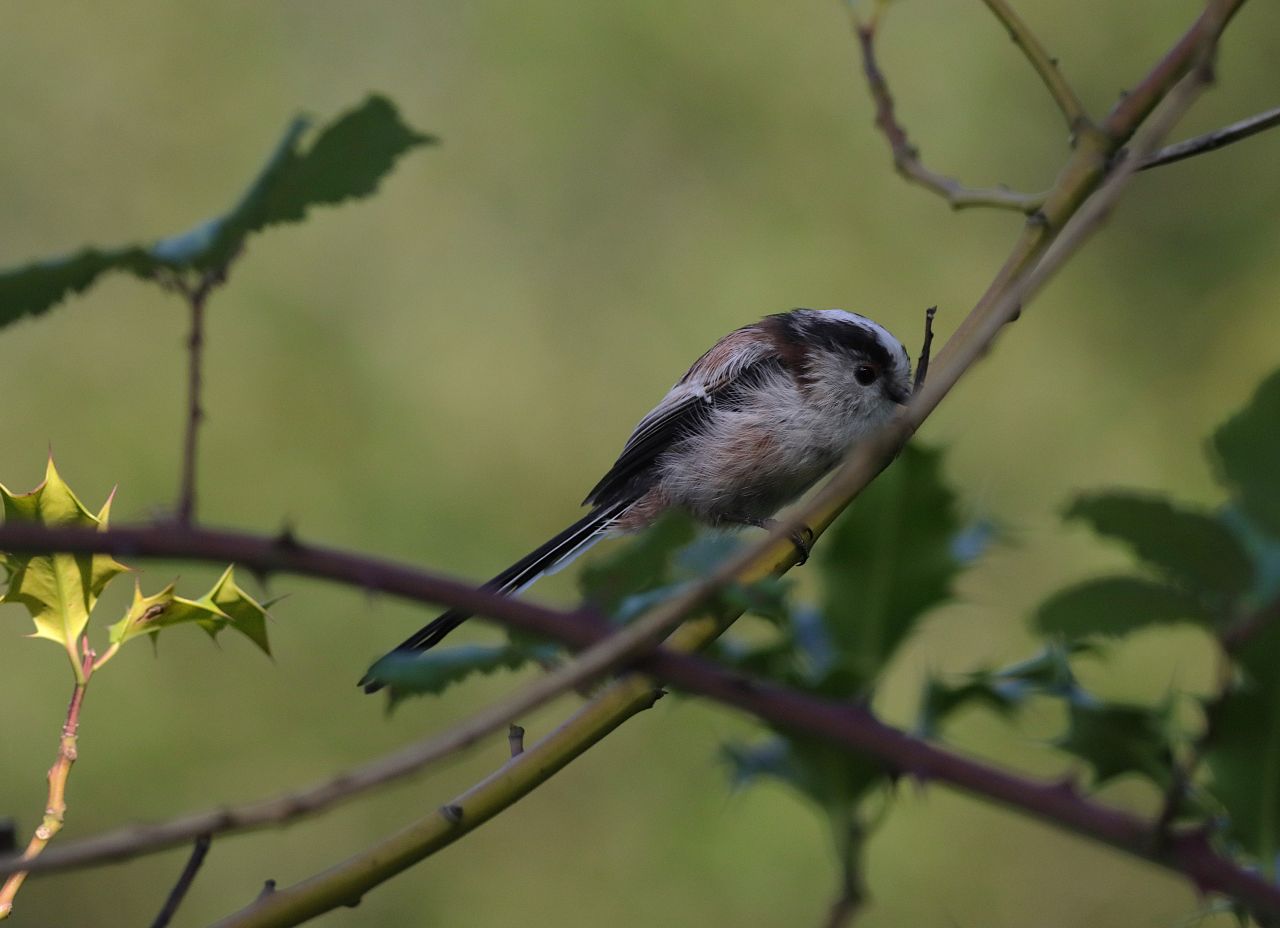
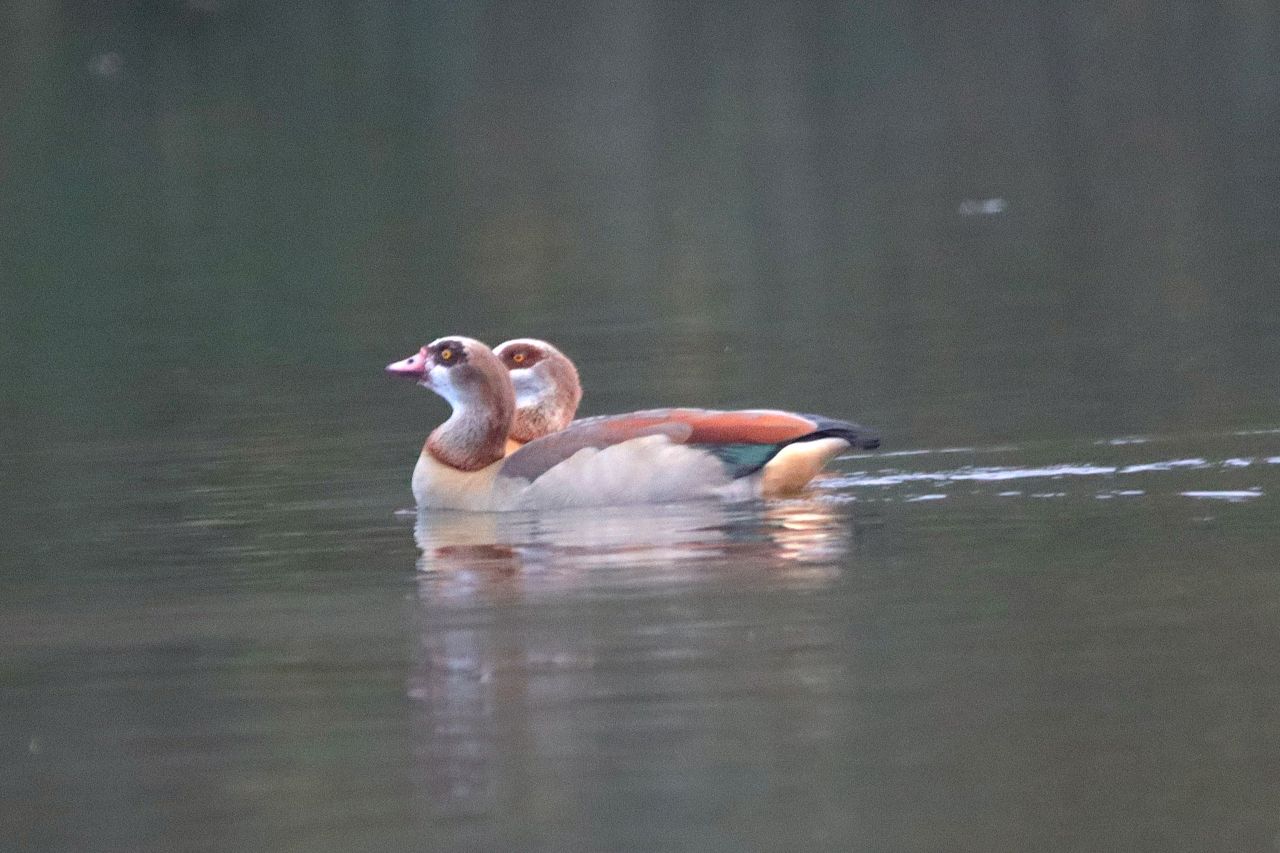
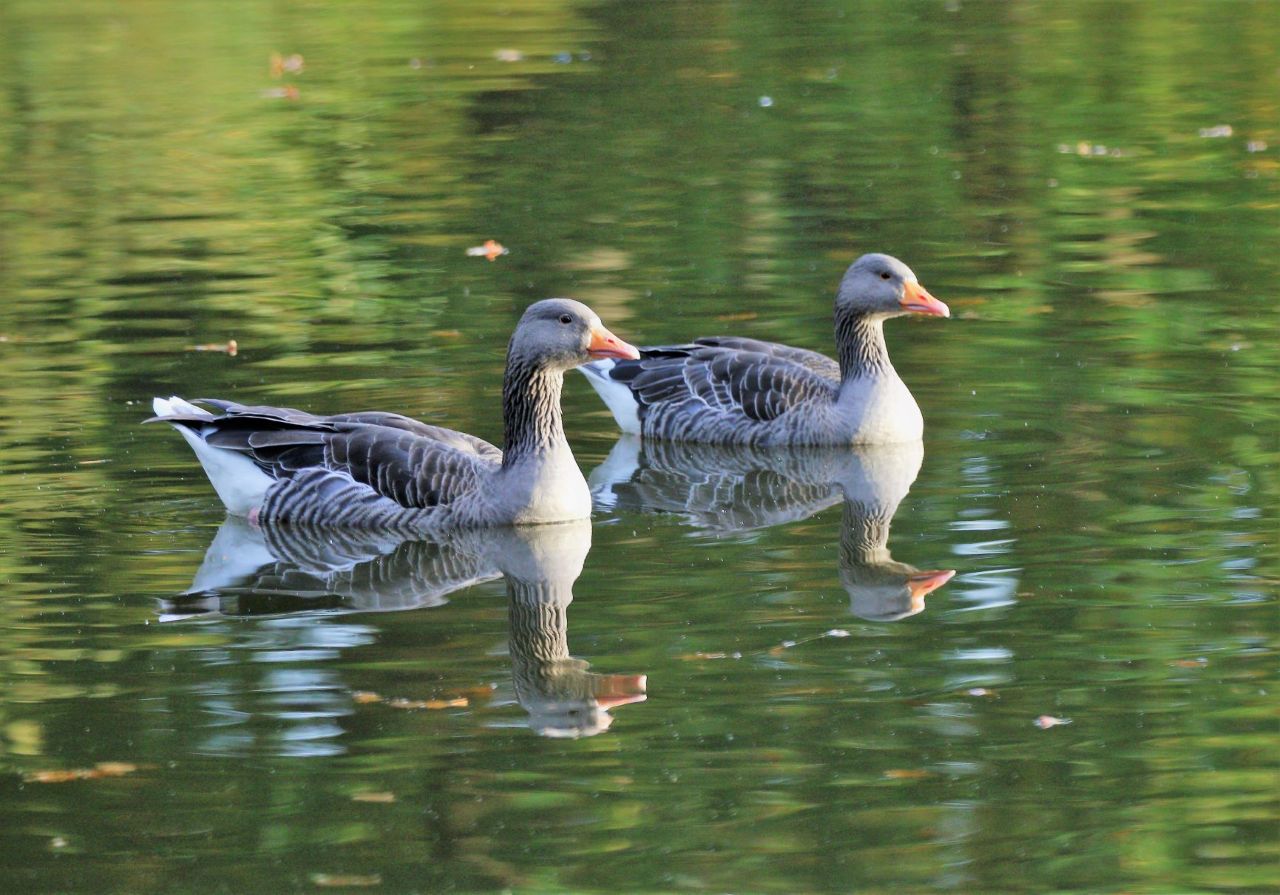
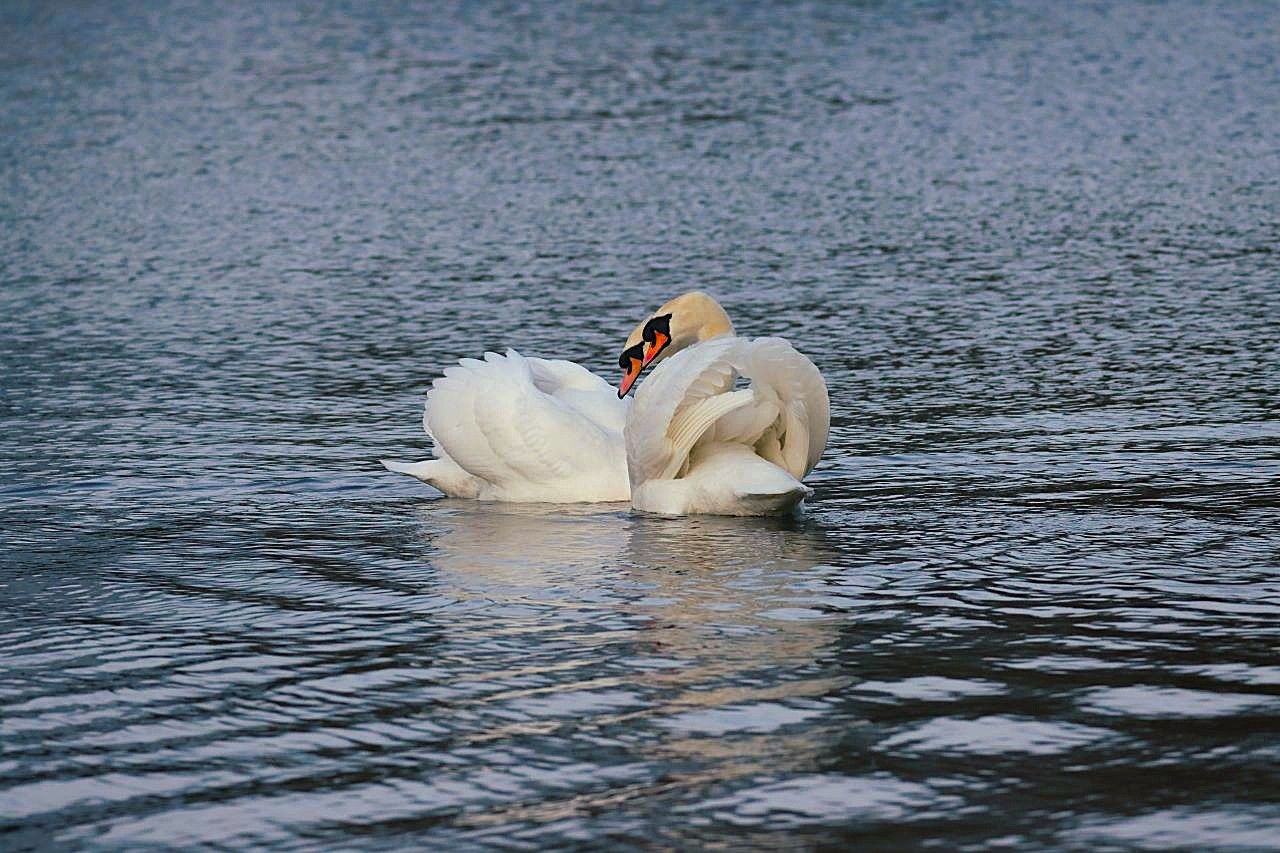
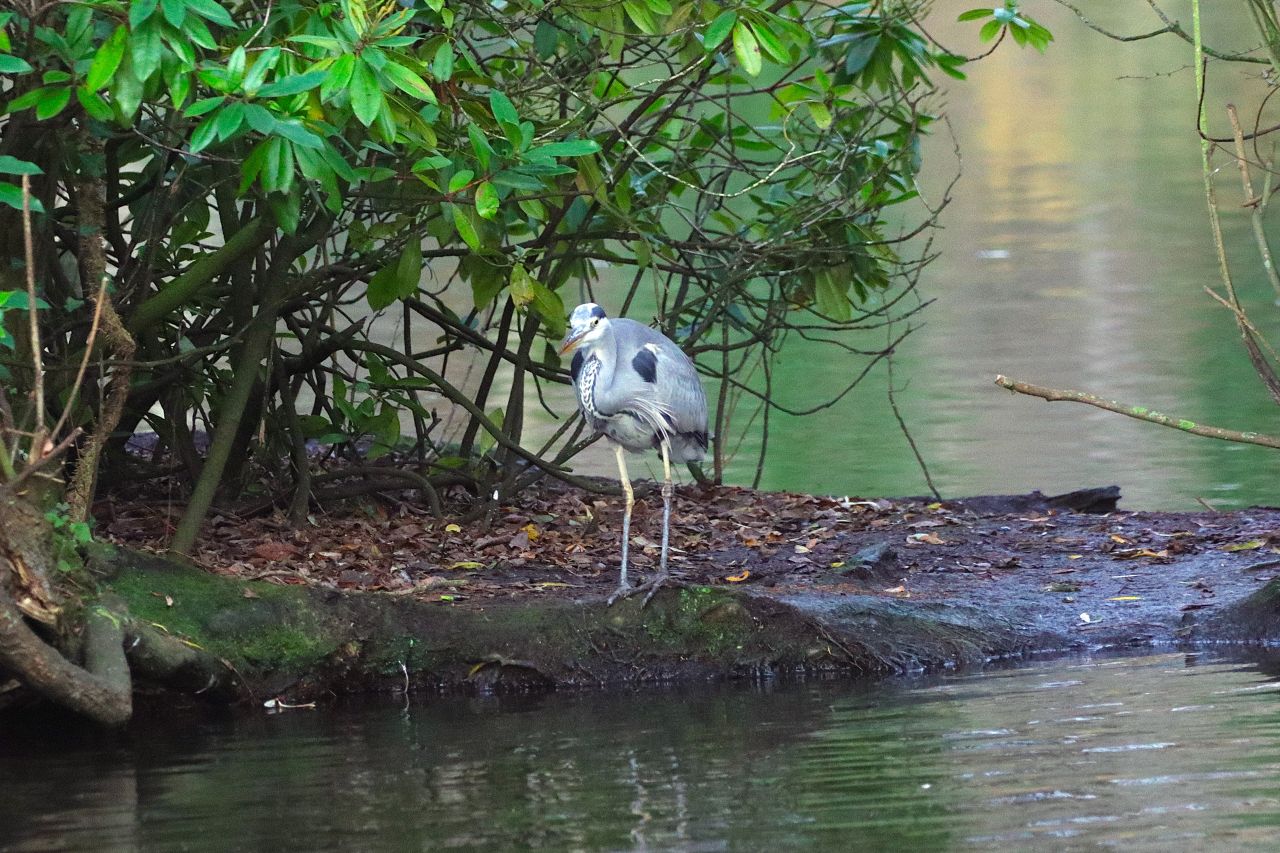
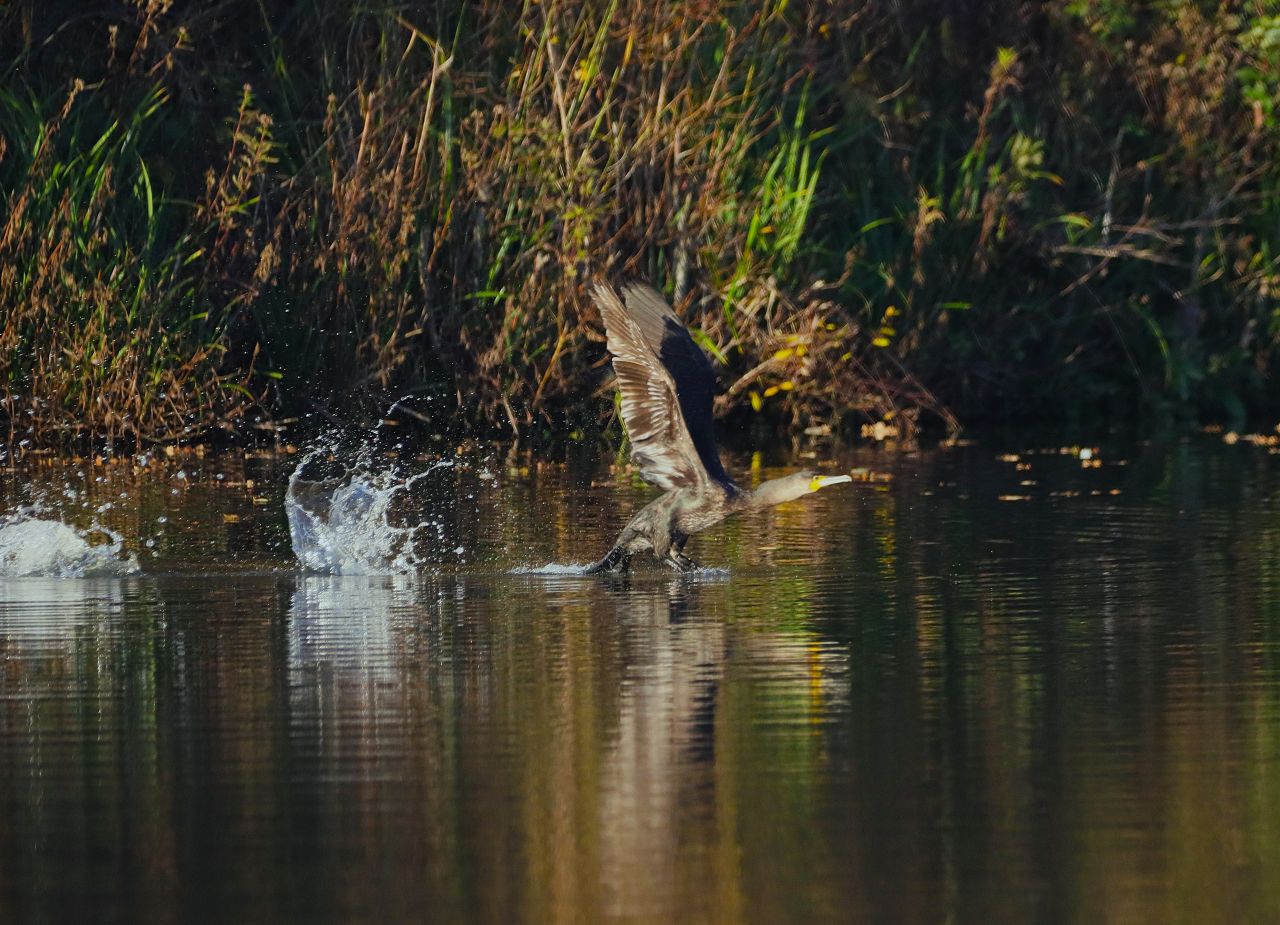
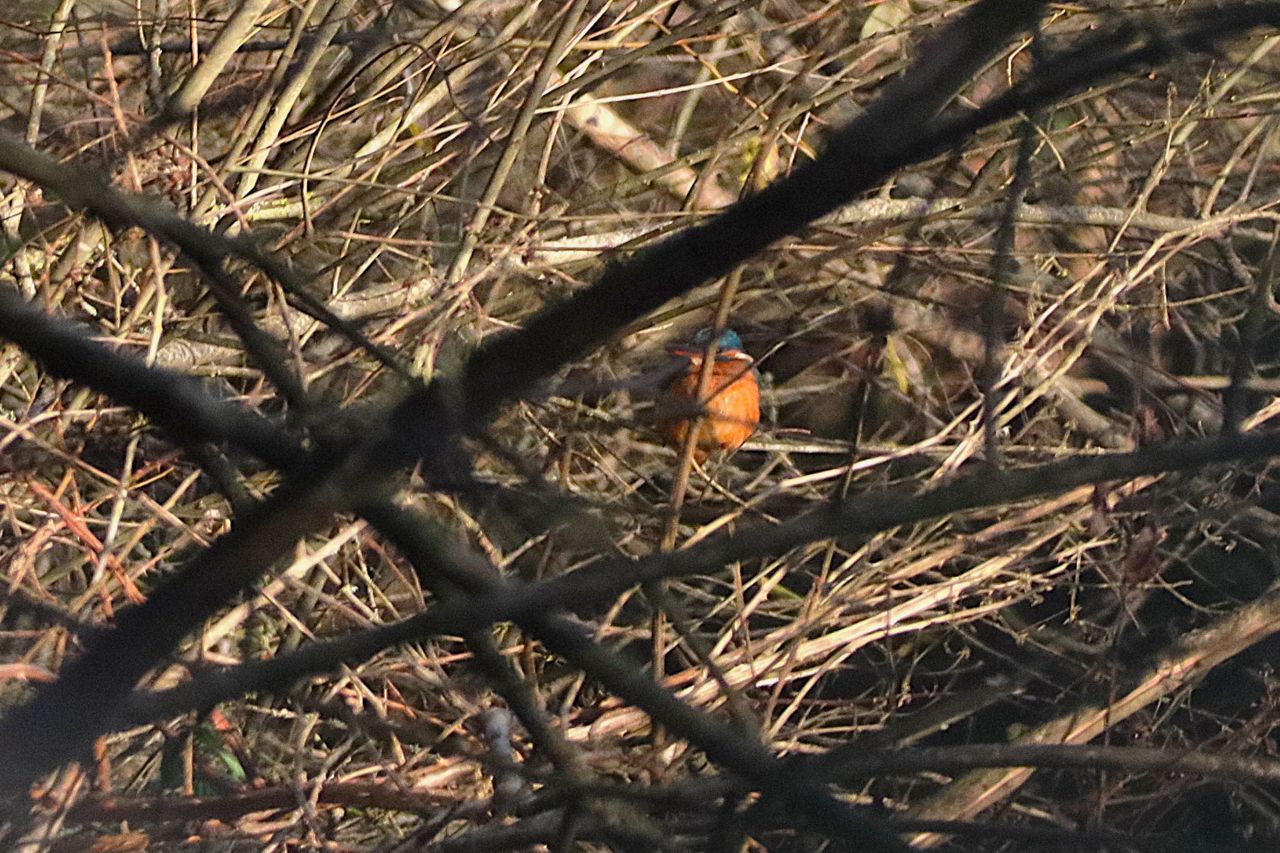
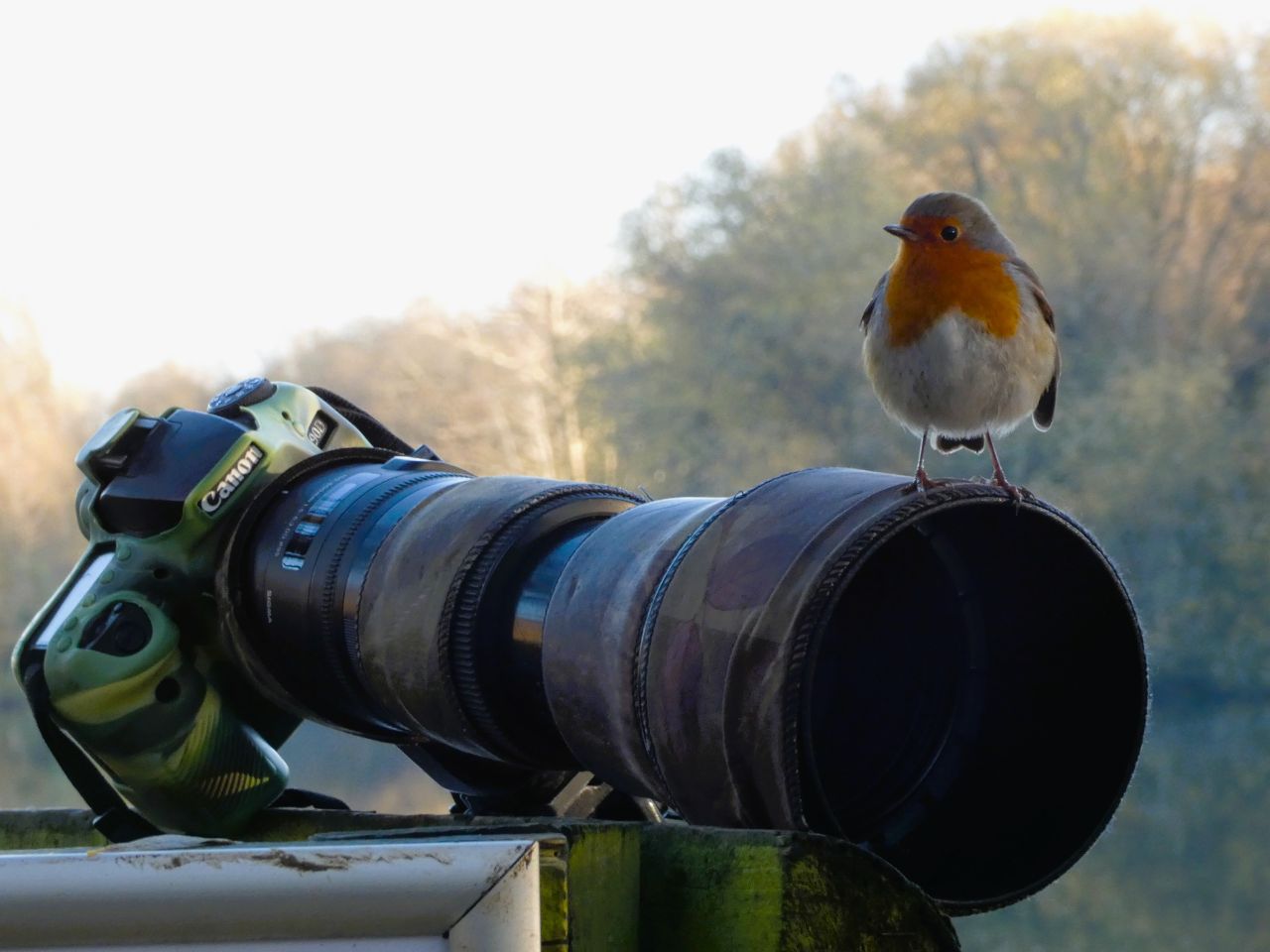
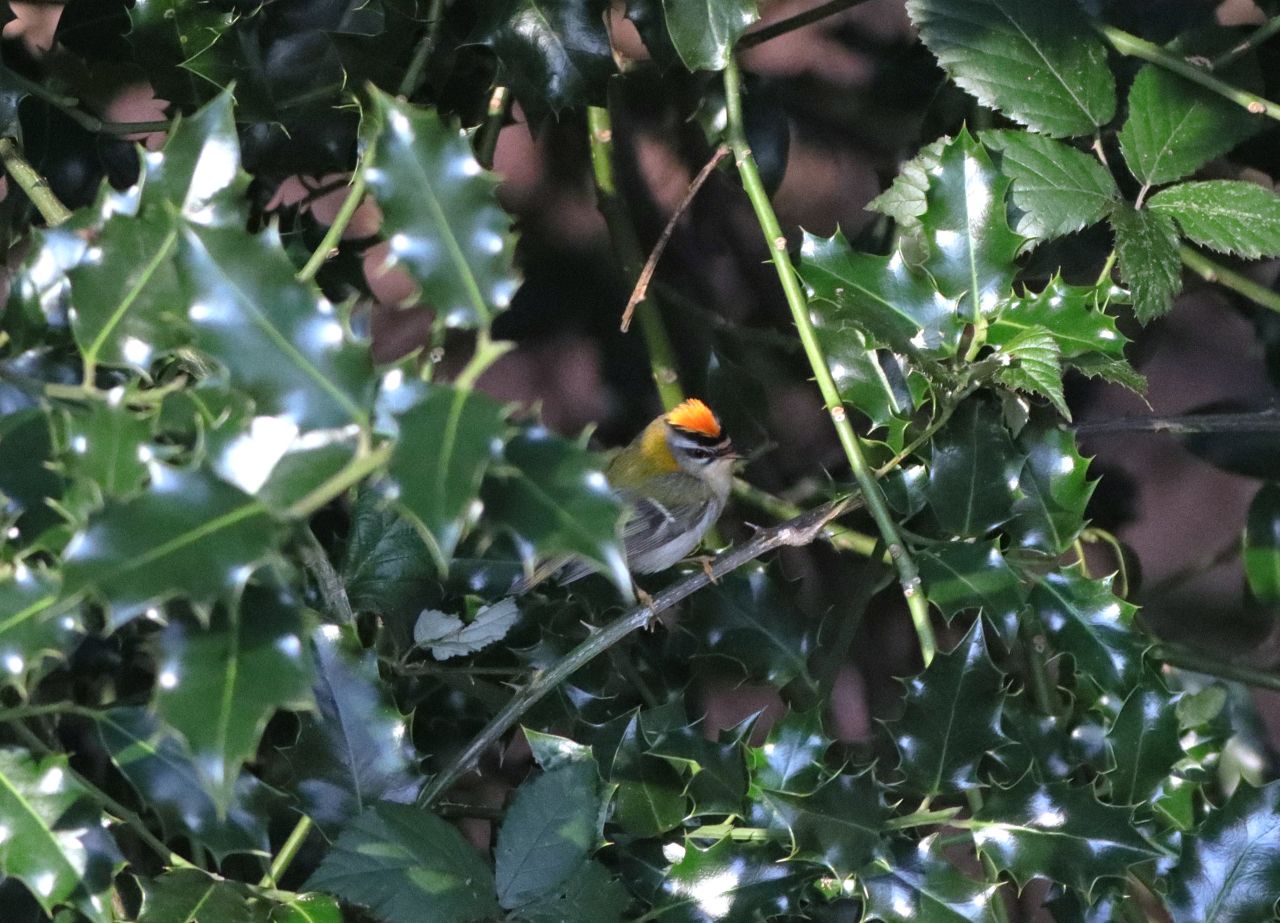
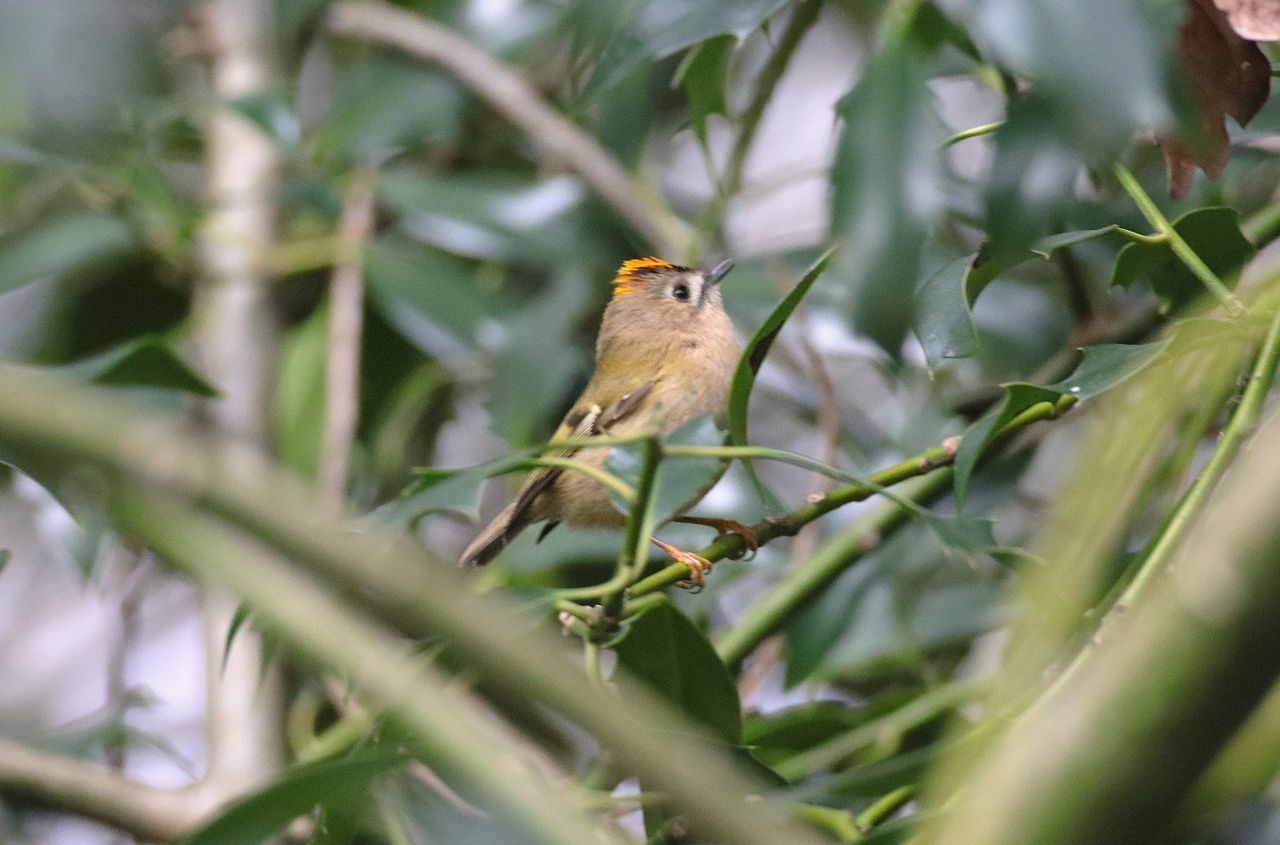







Caroline Murphy
December 3, 2024 at 4:11 pm
Really enjoyed all the marvellous pictures. Well done, I am still waiting for my first sighting of a kingfisher!